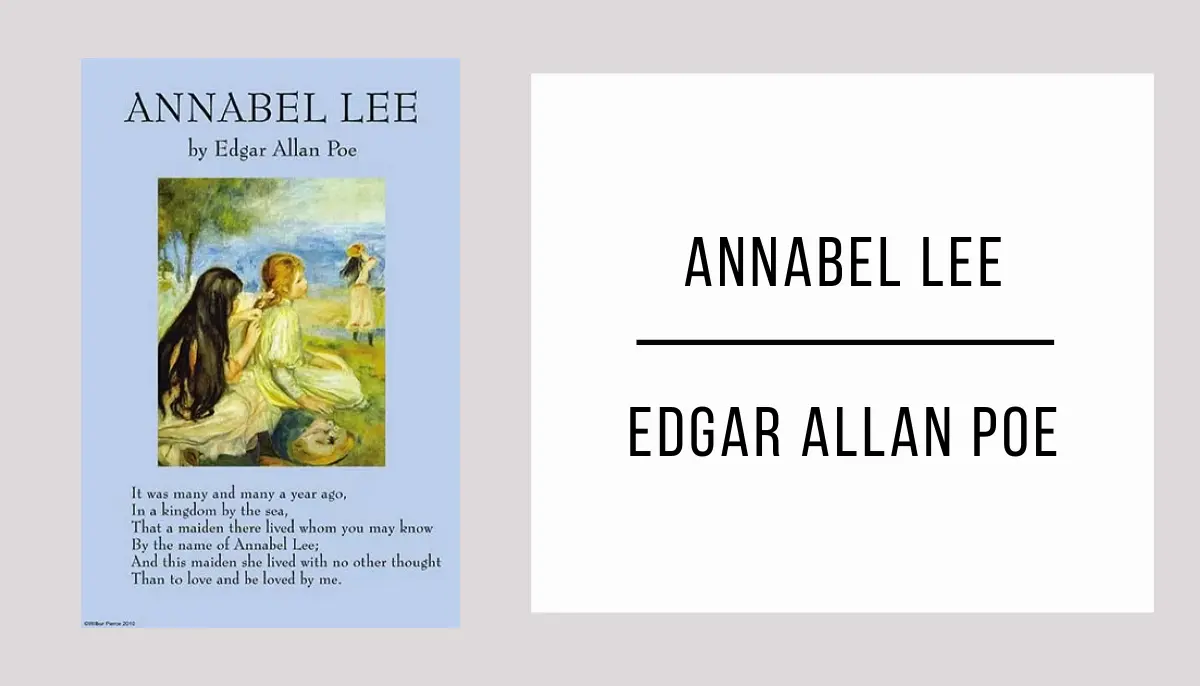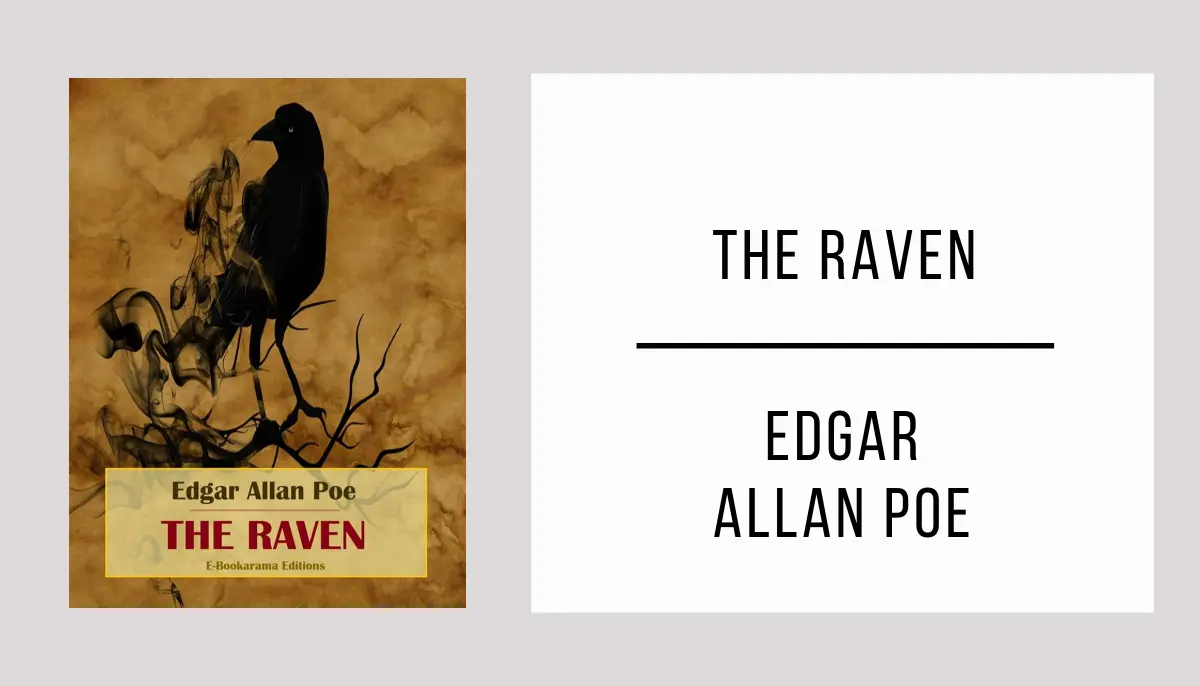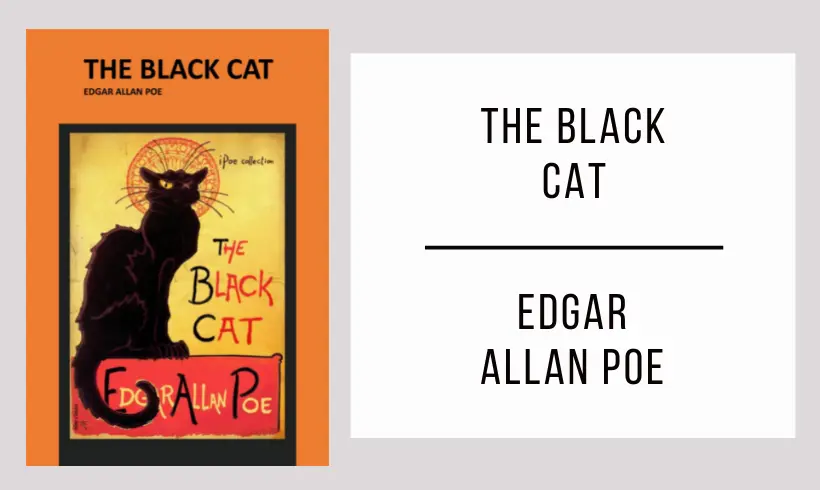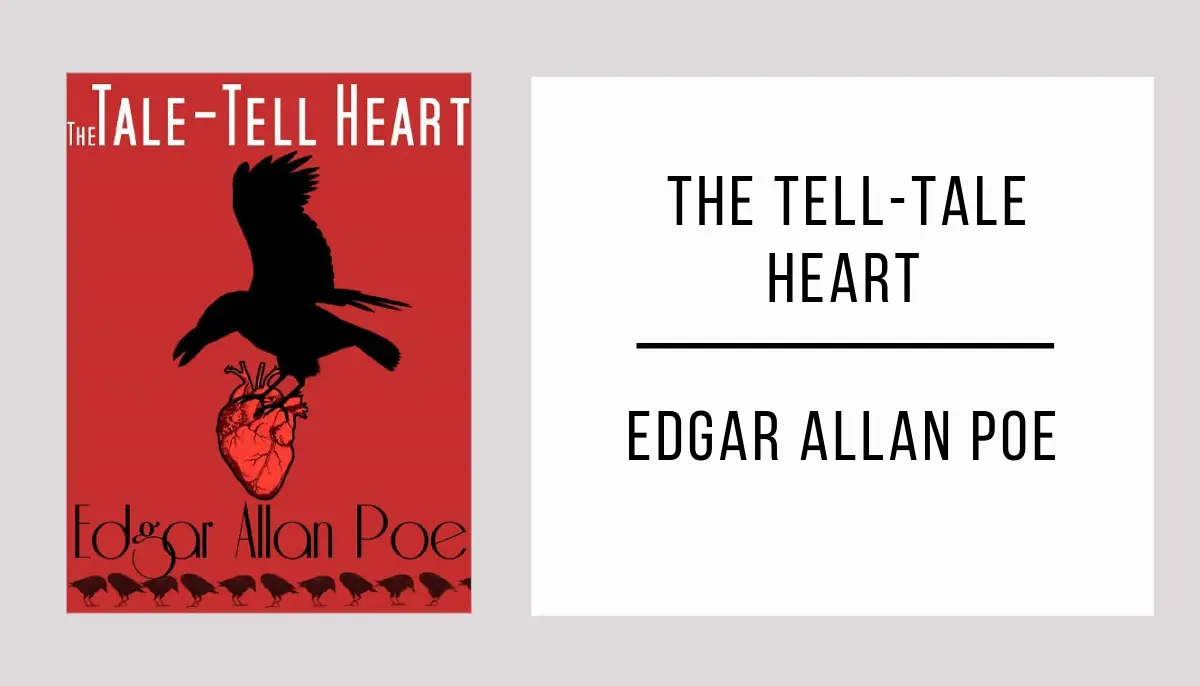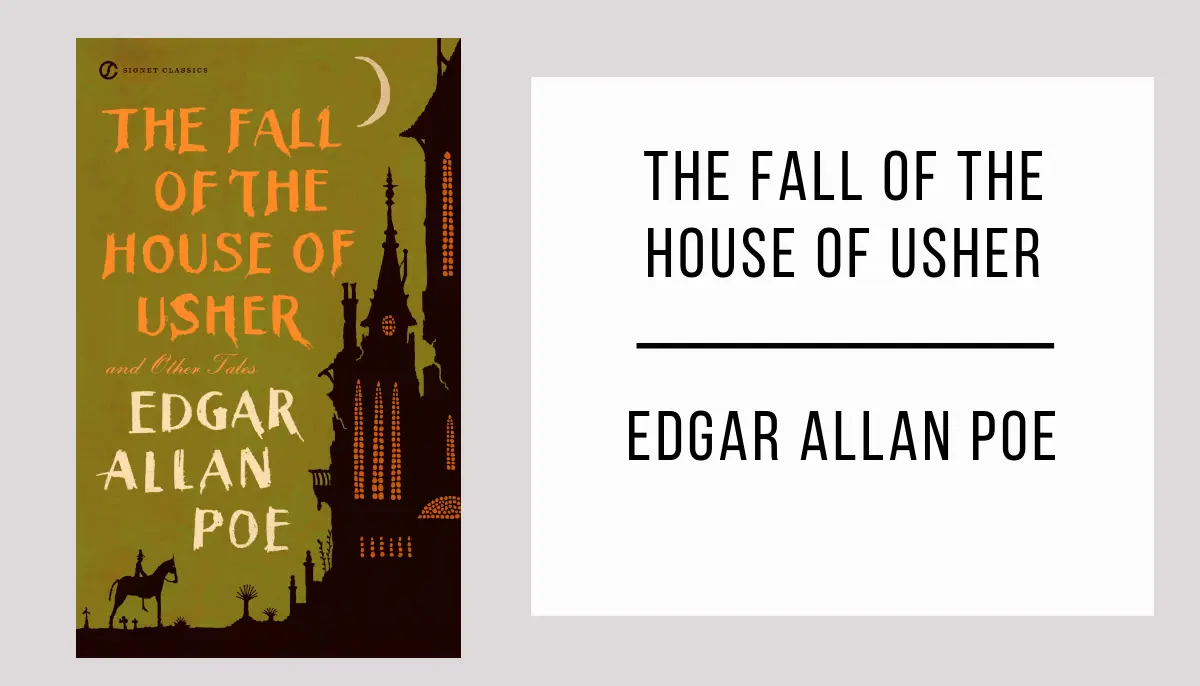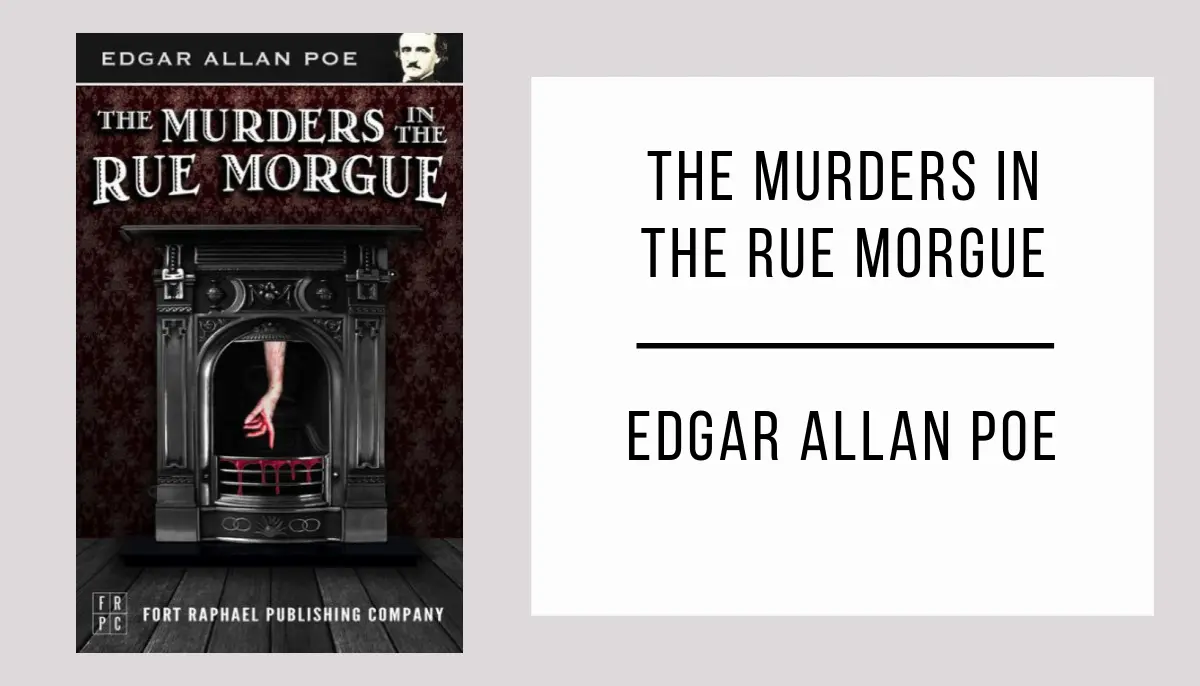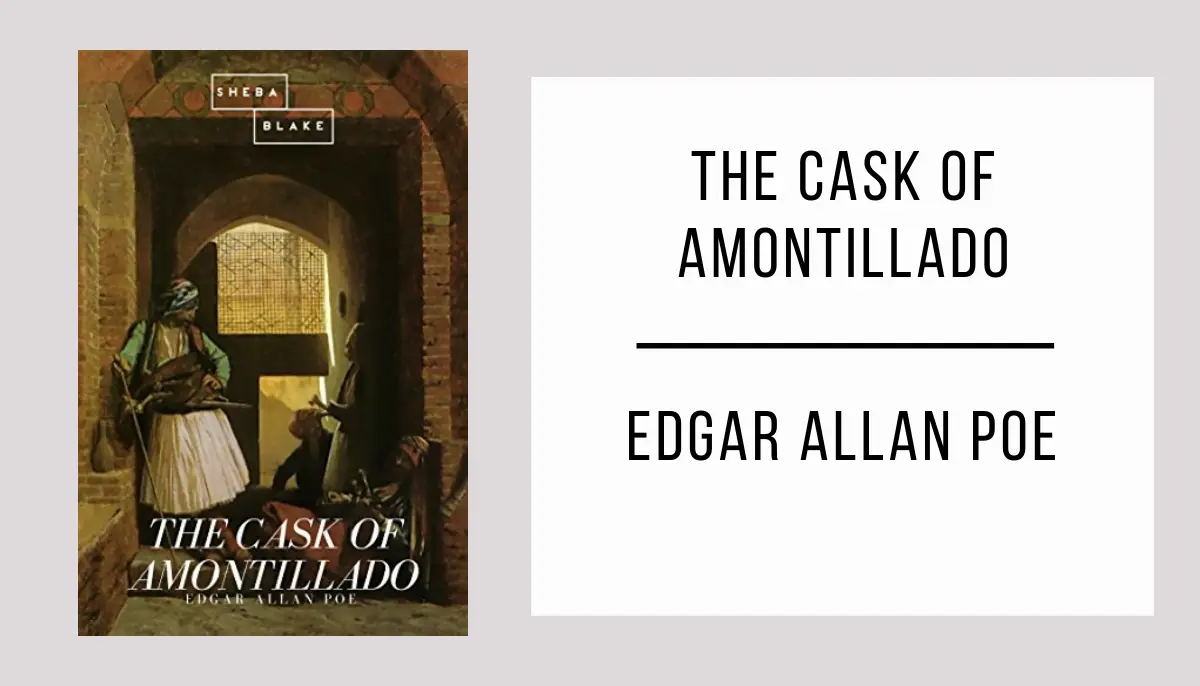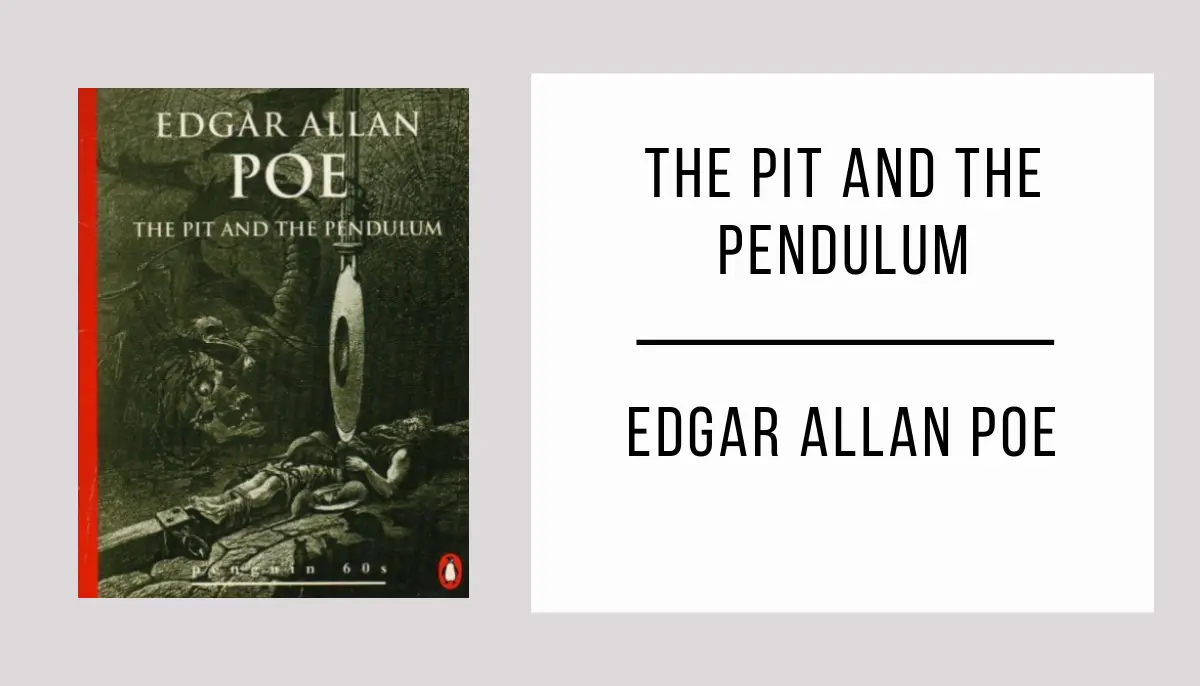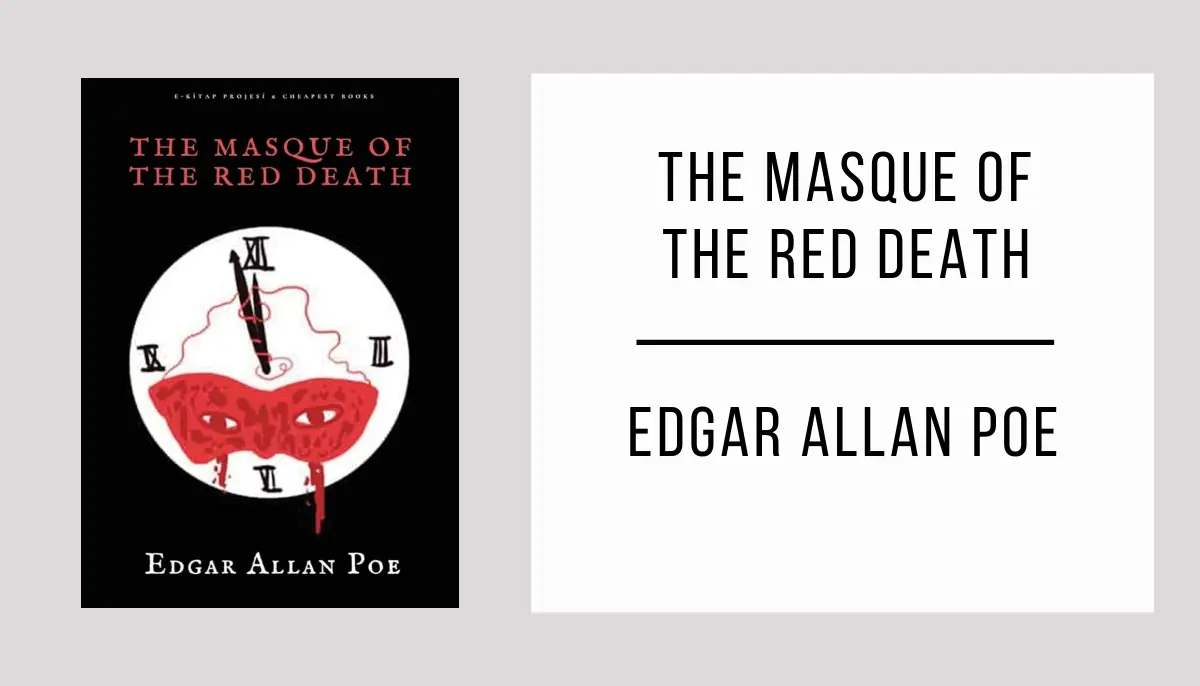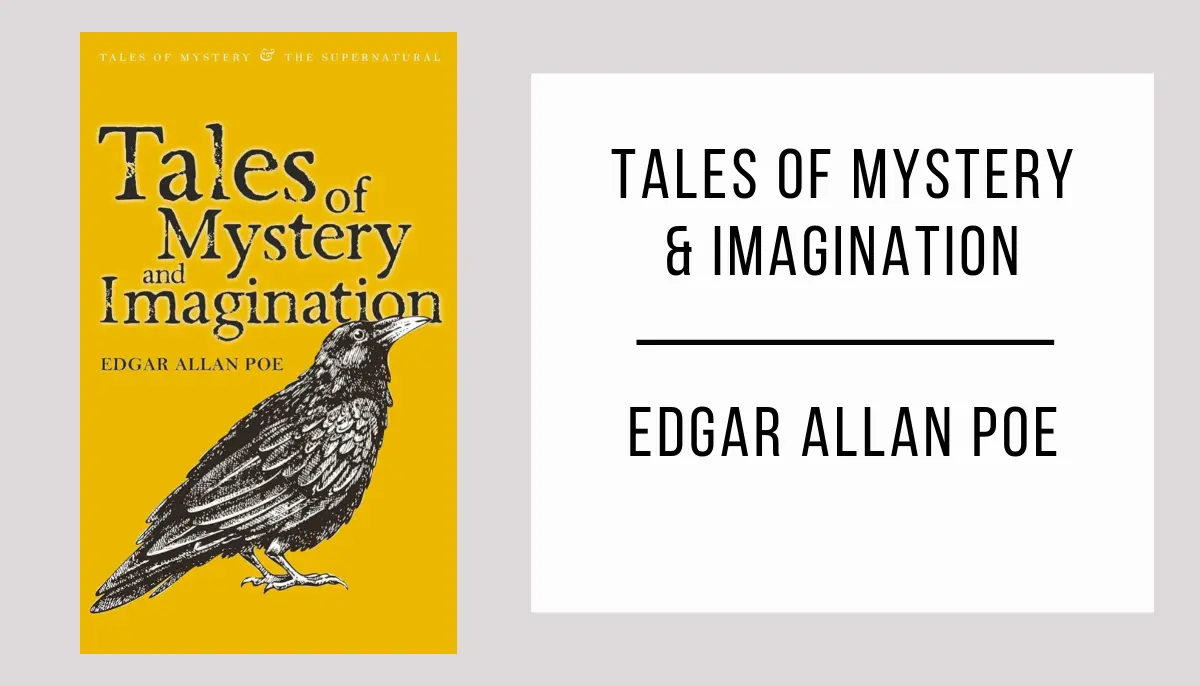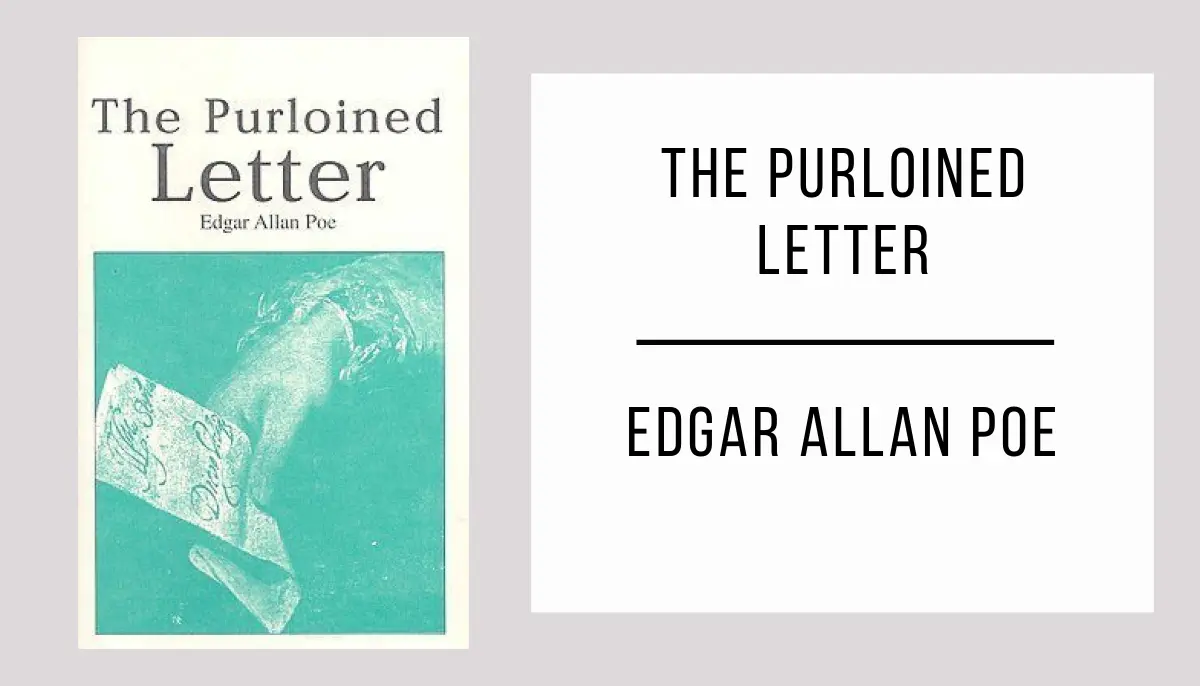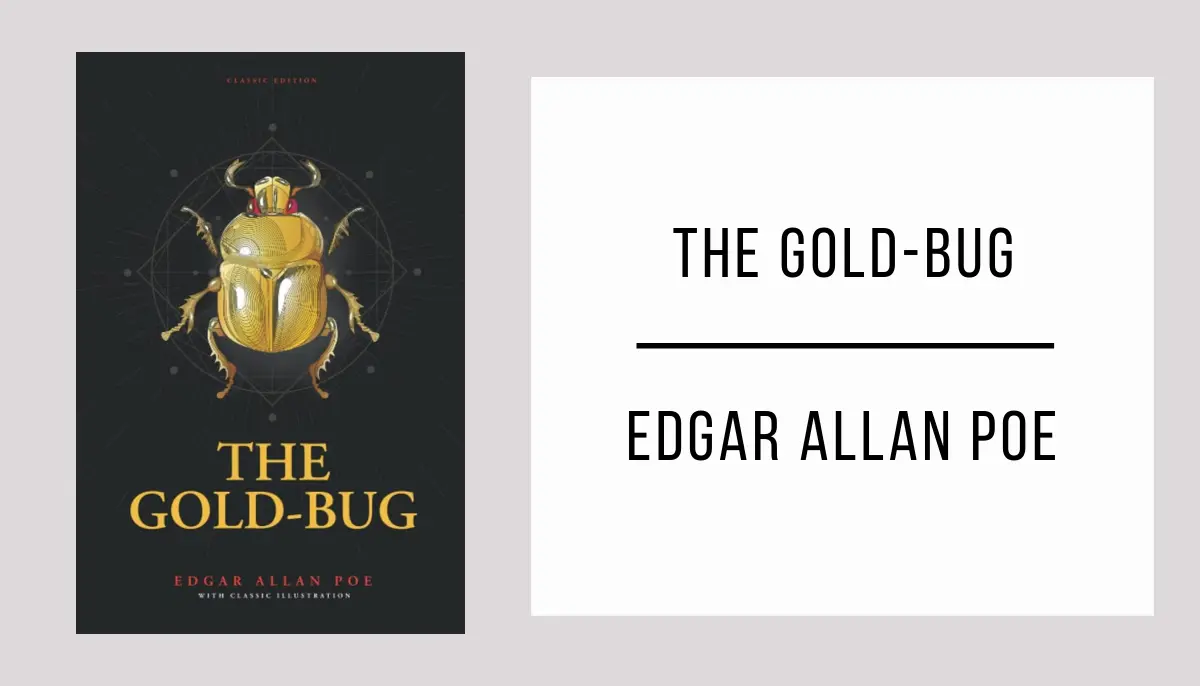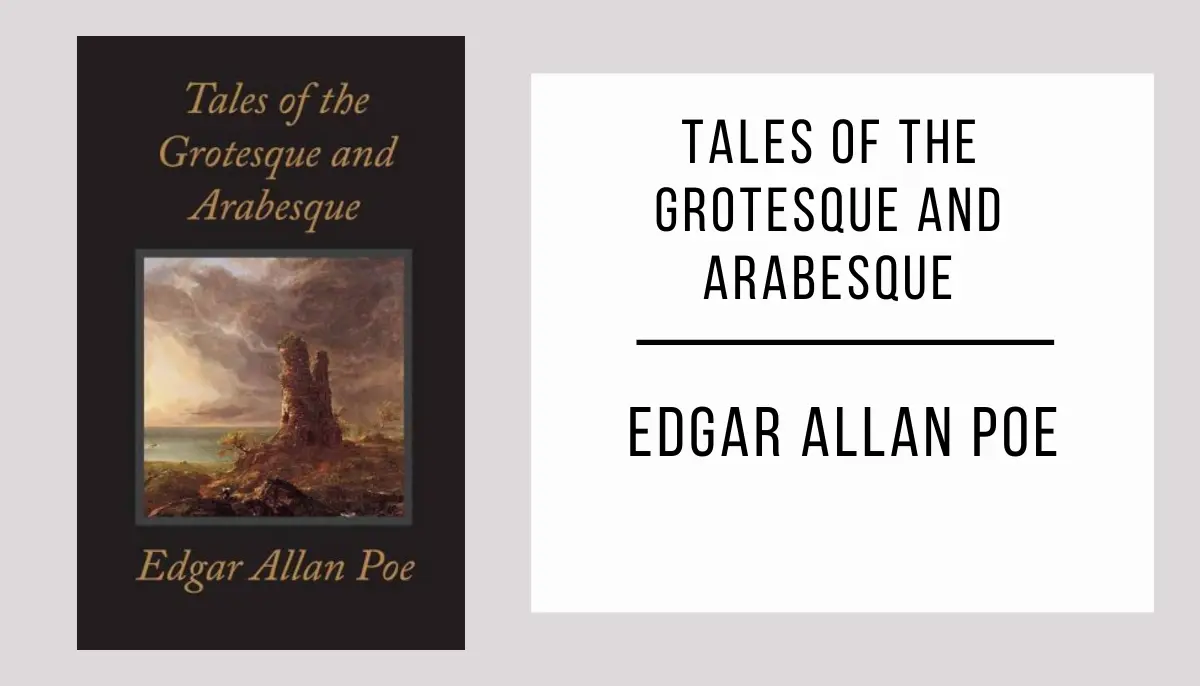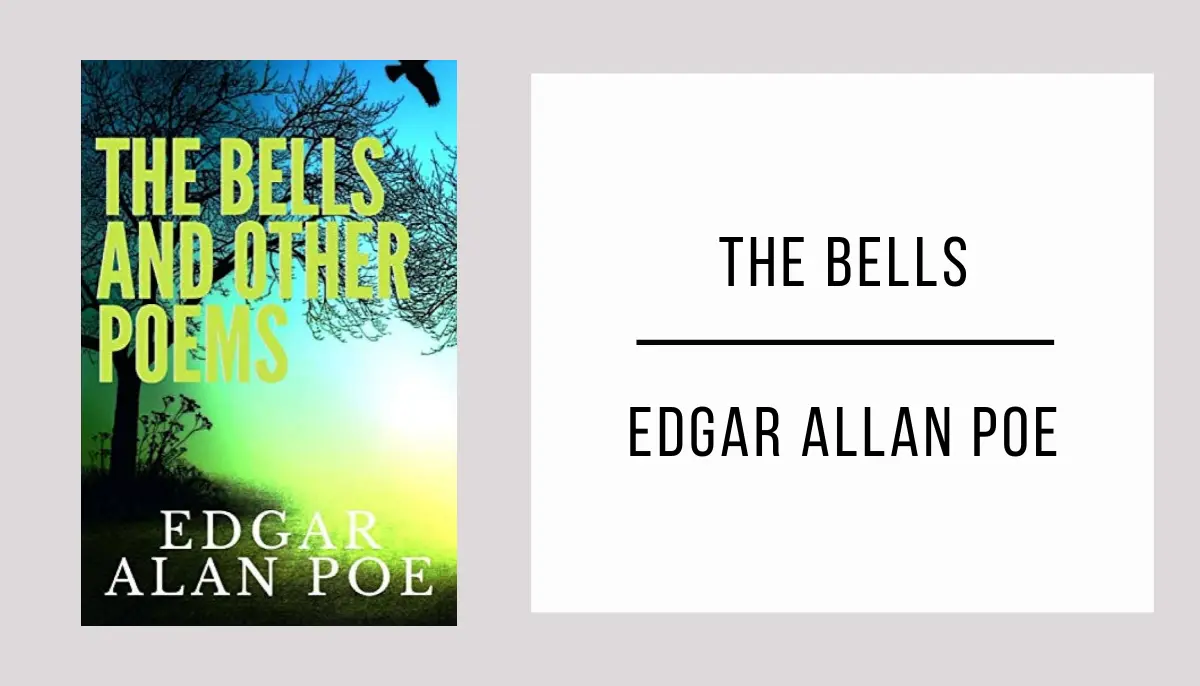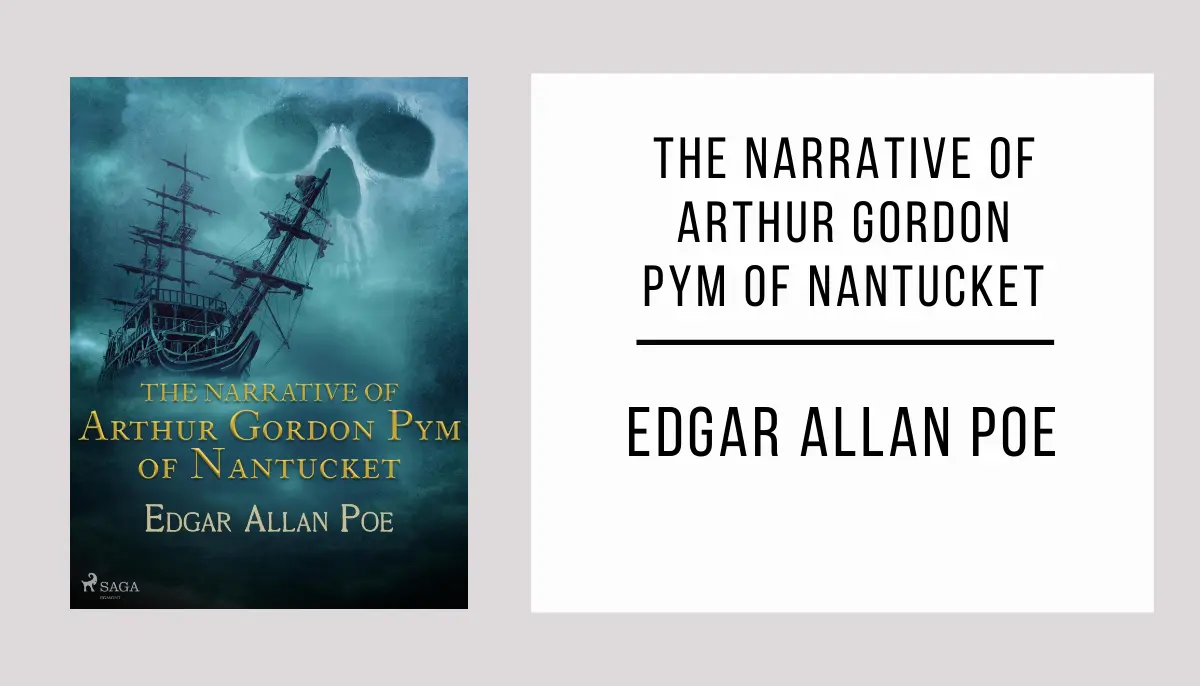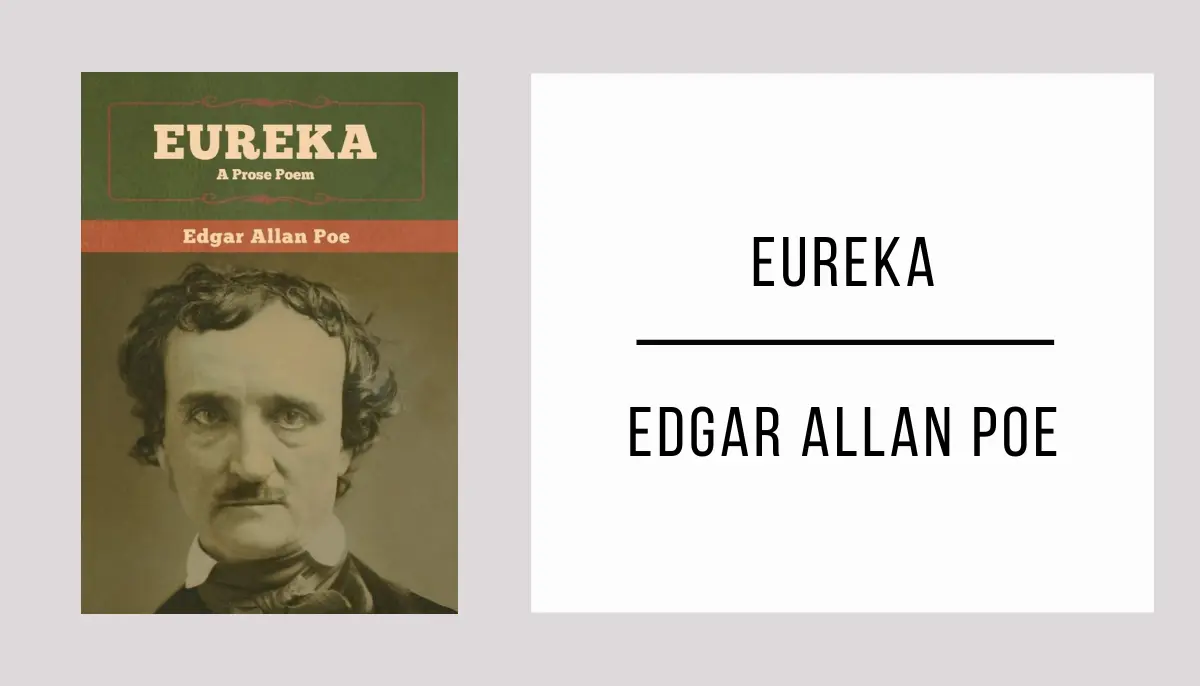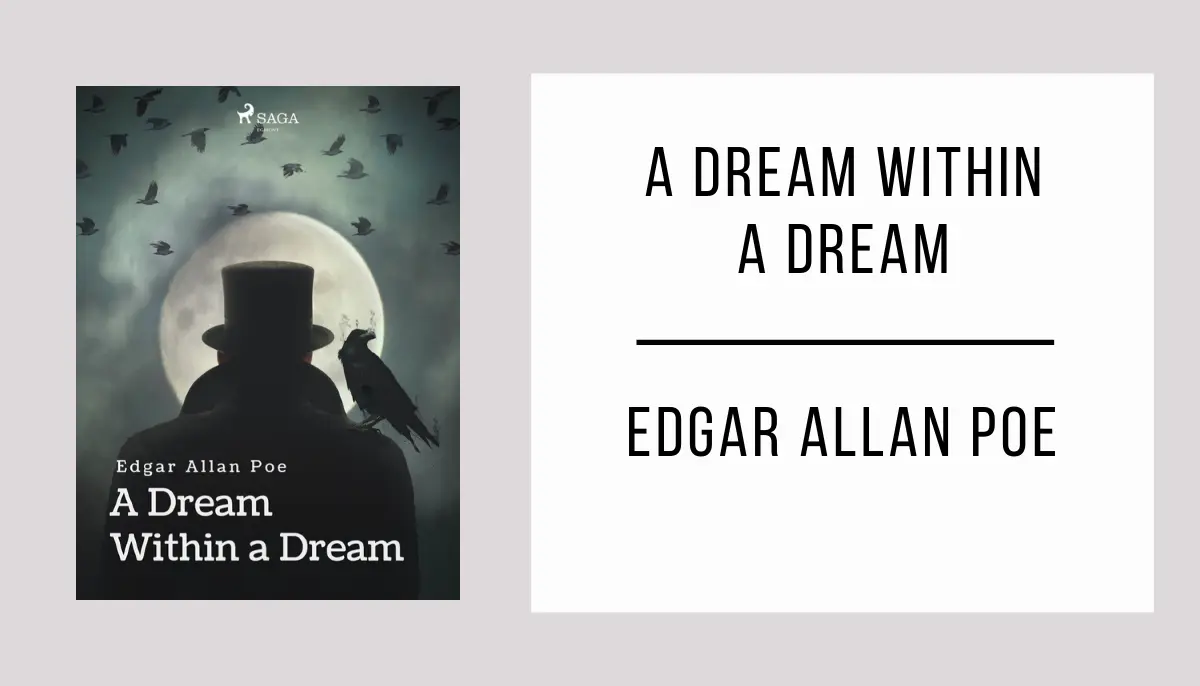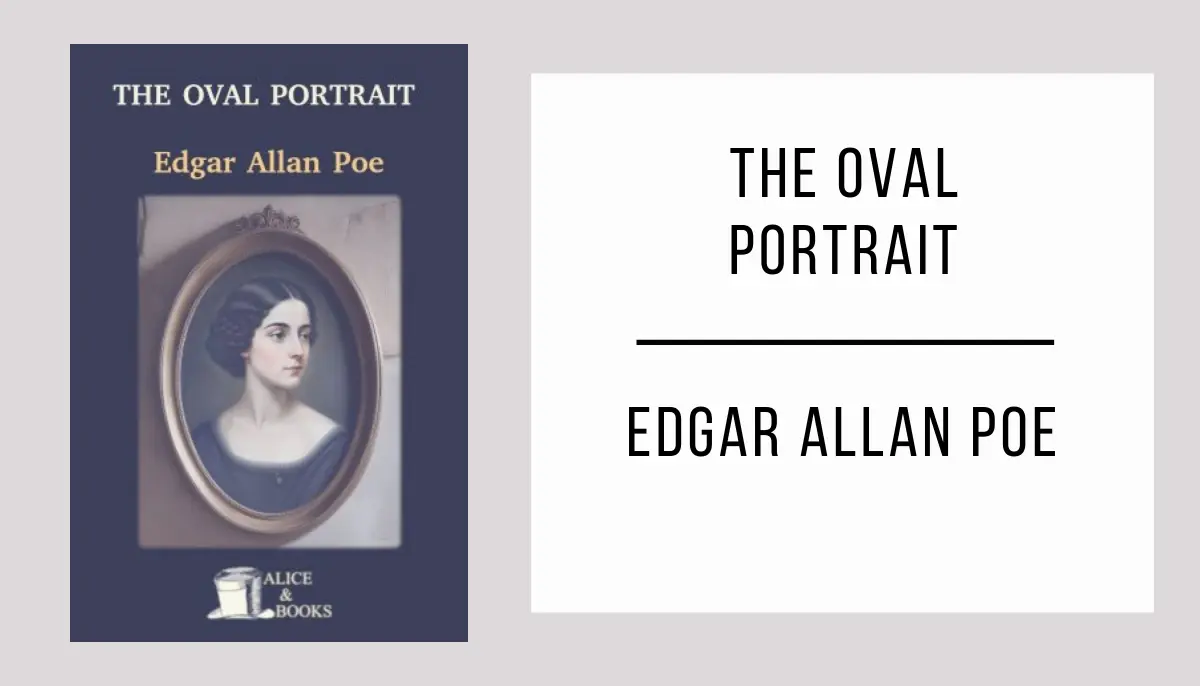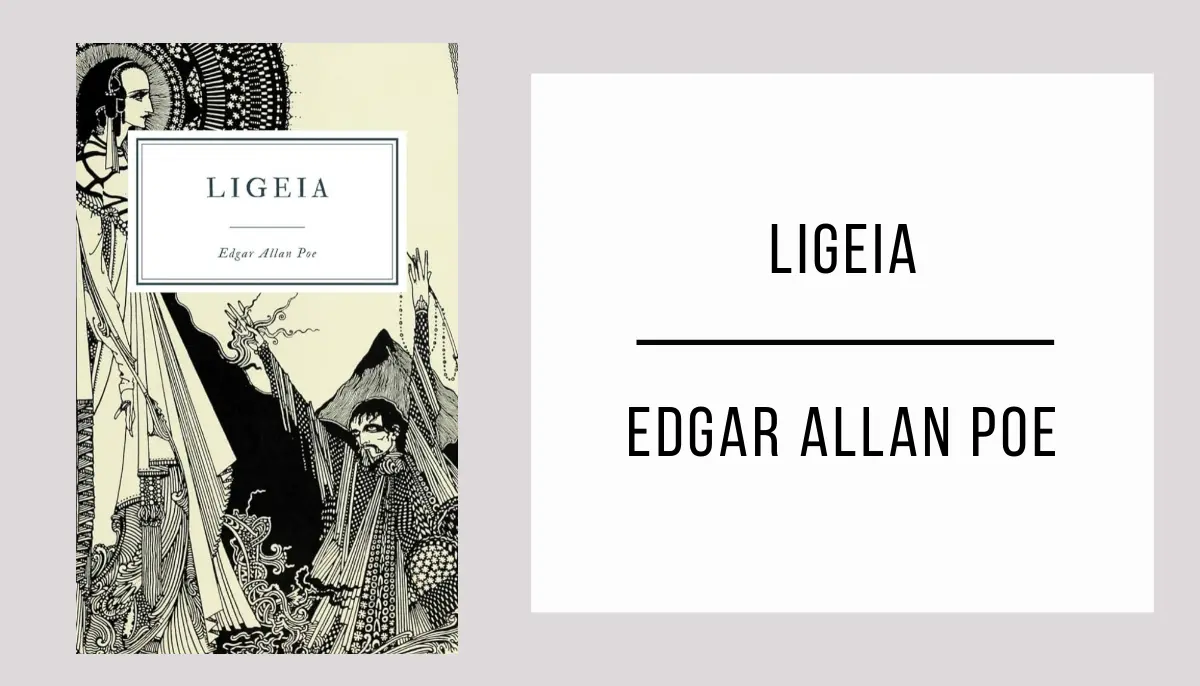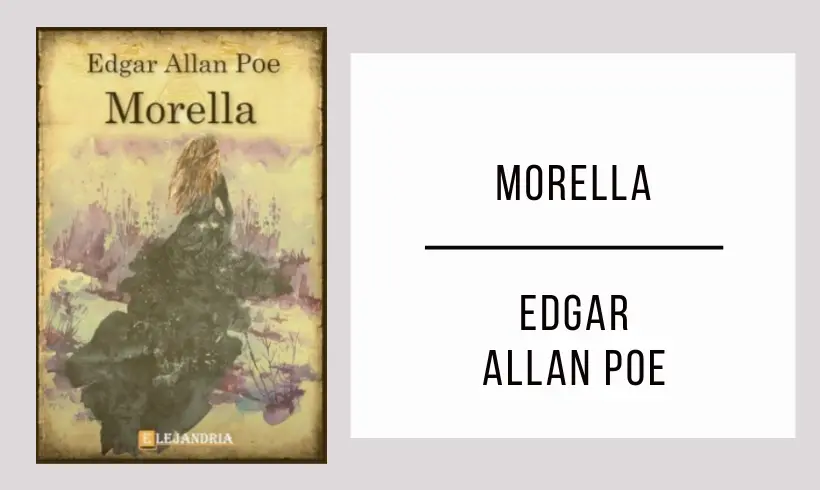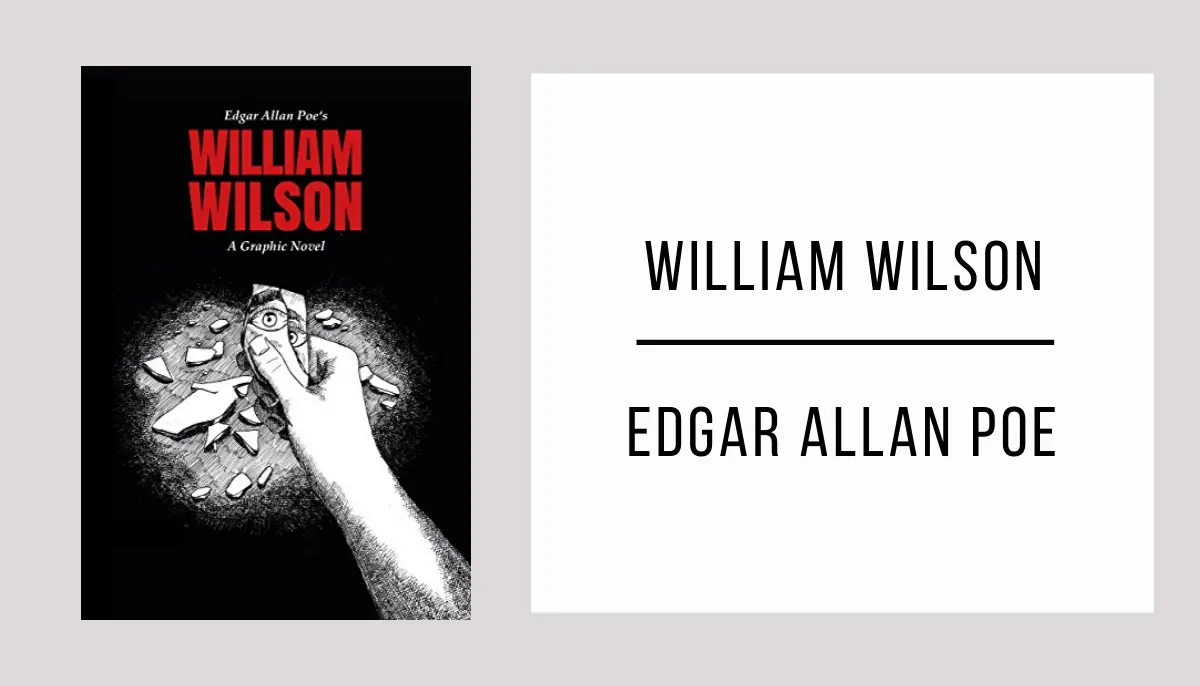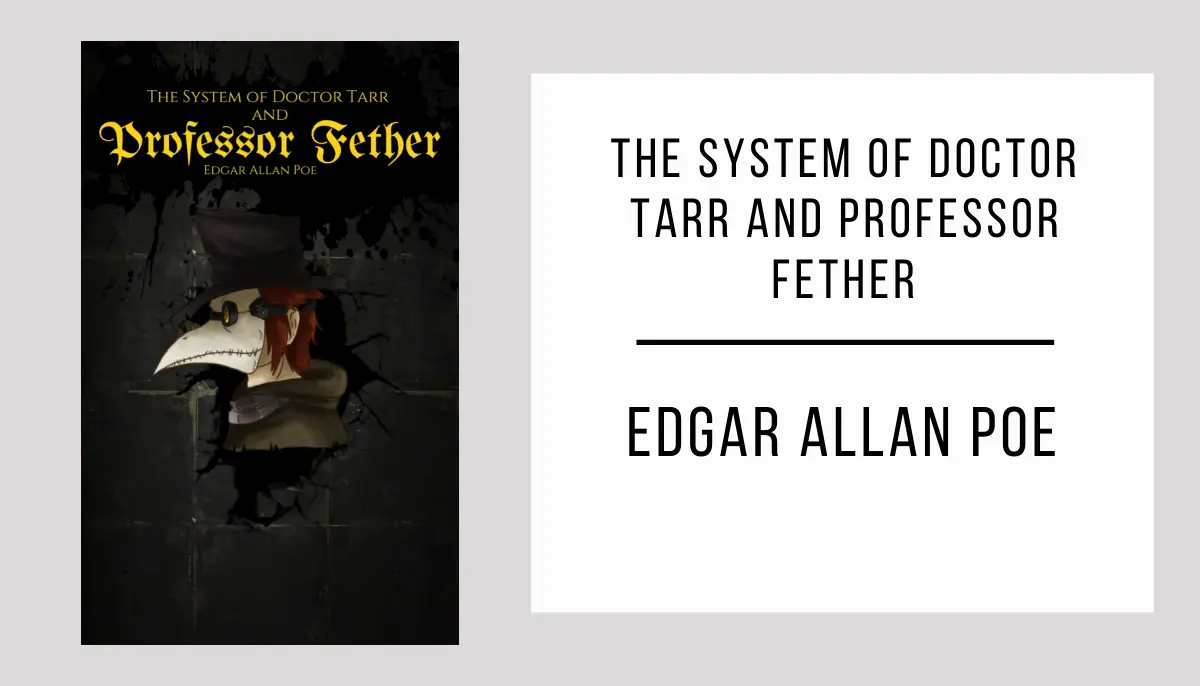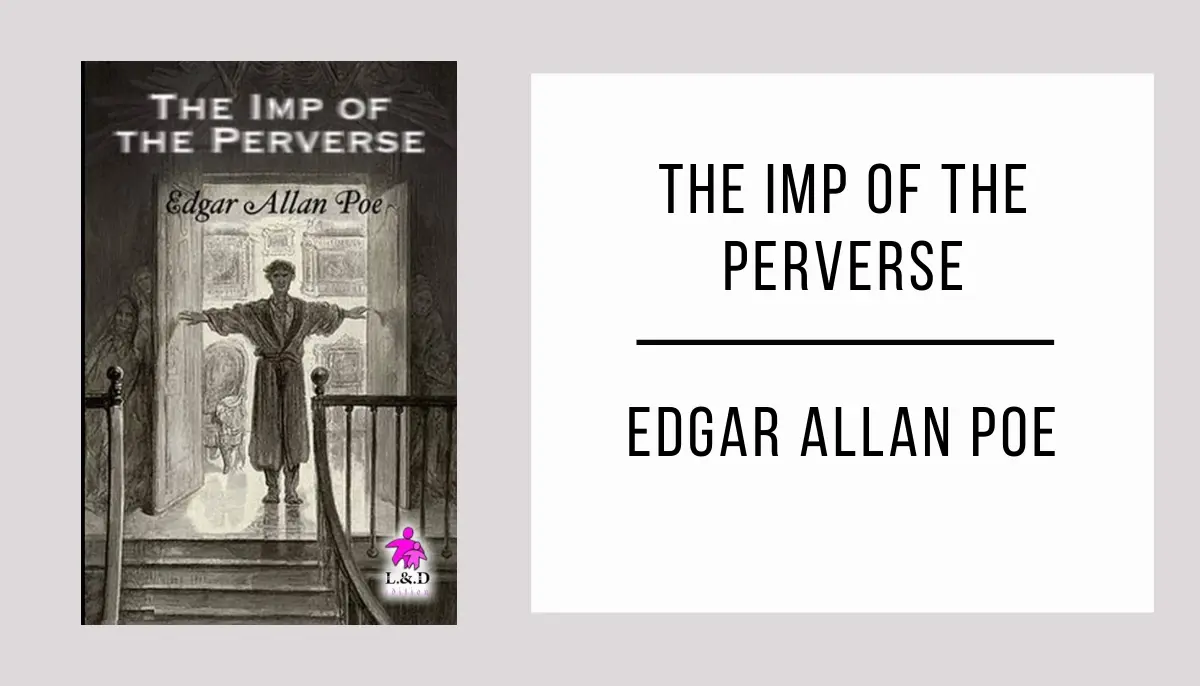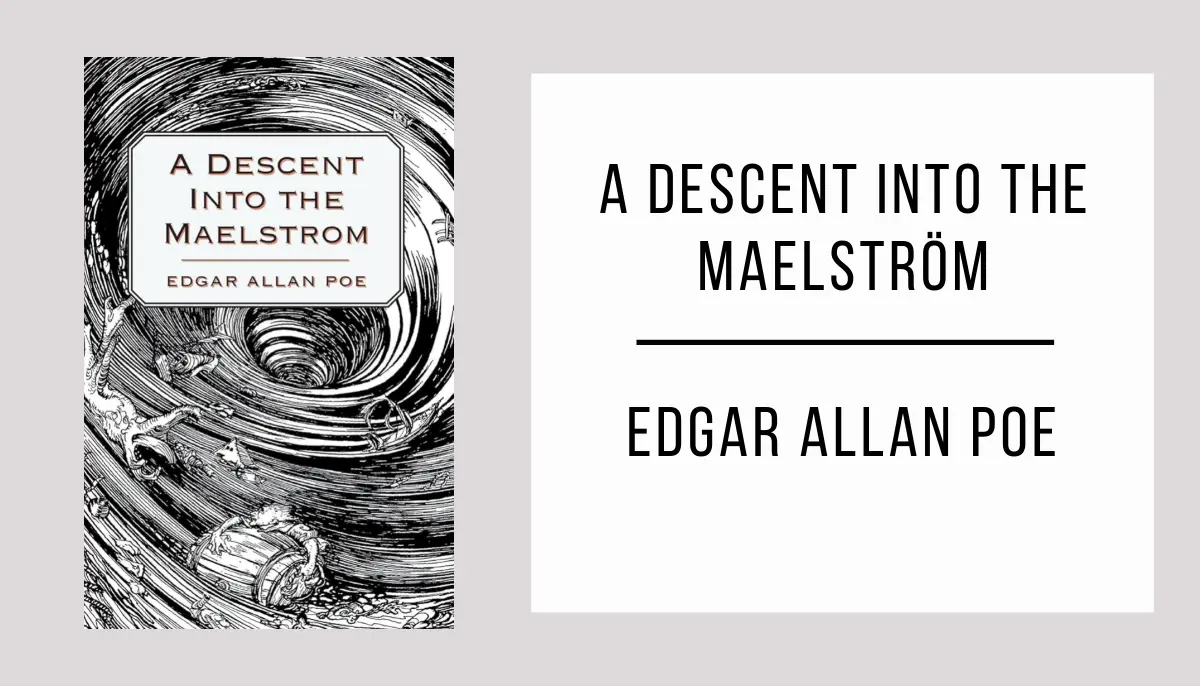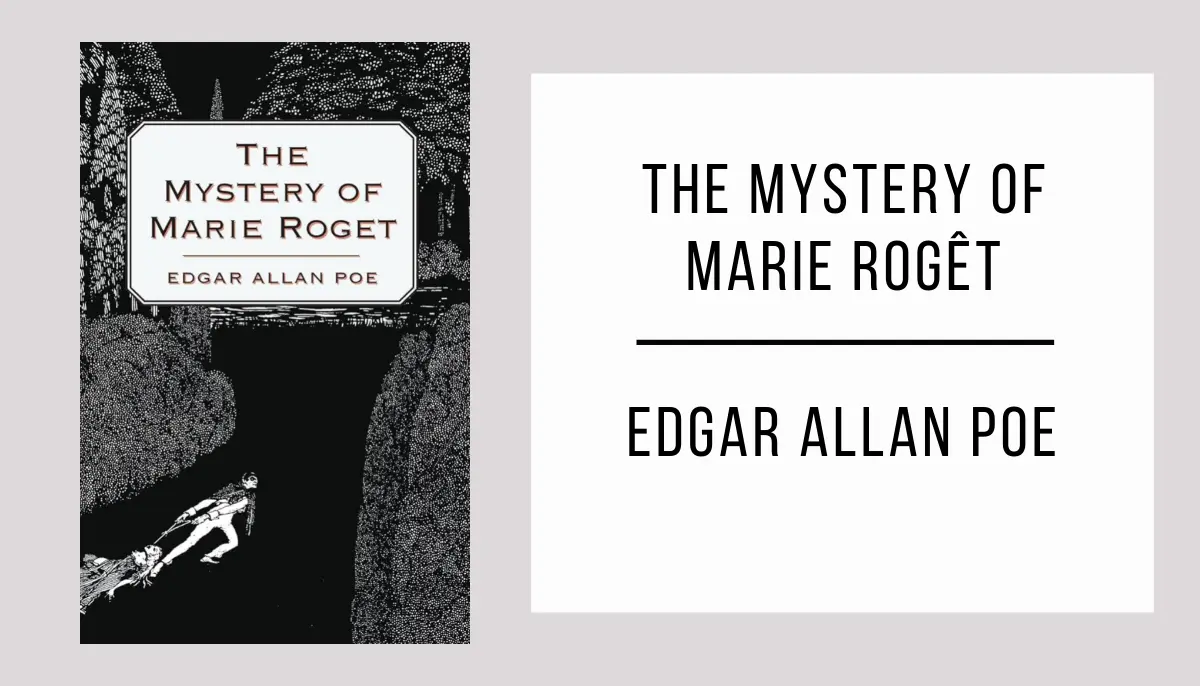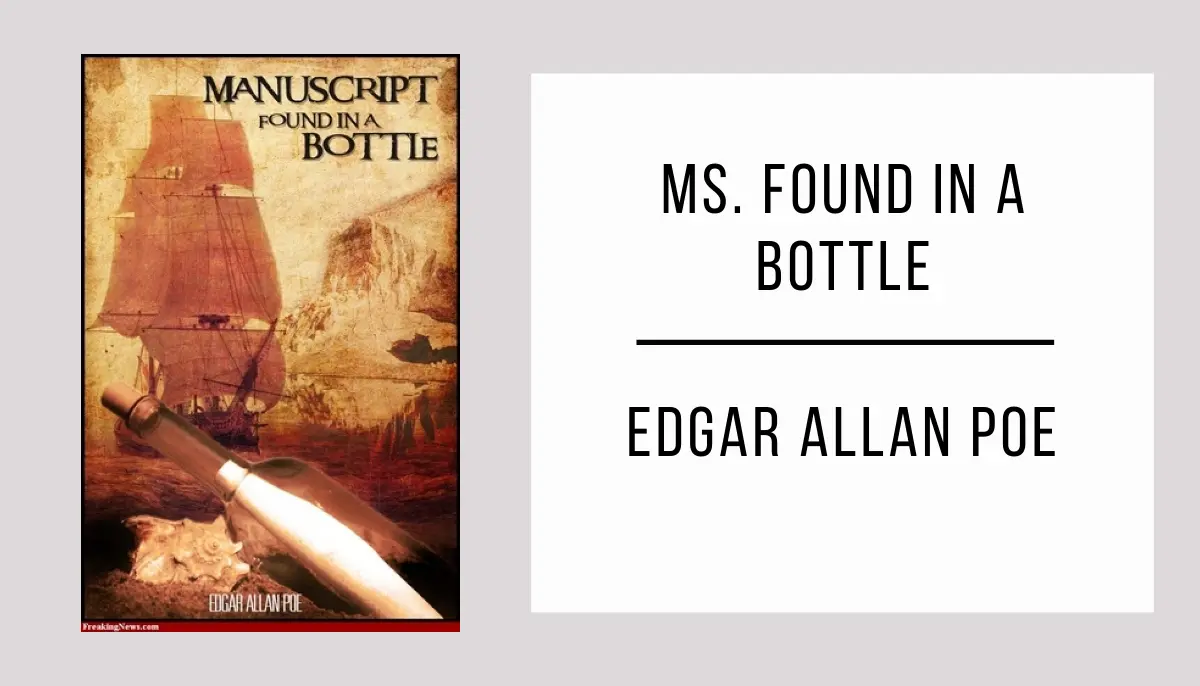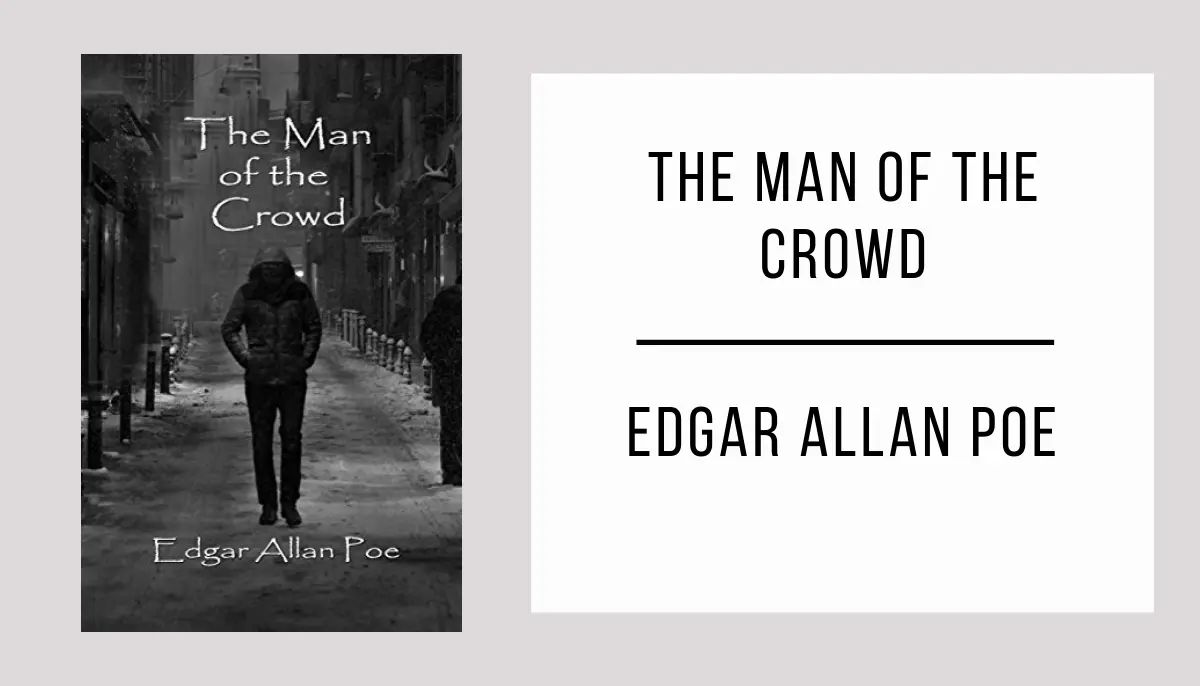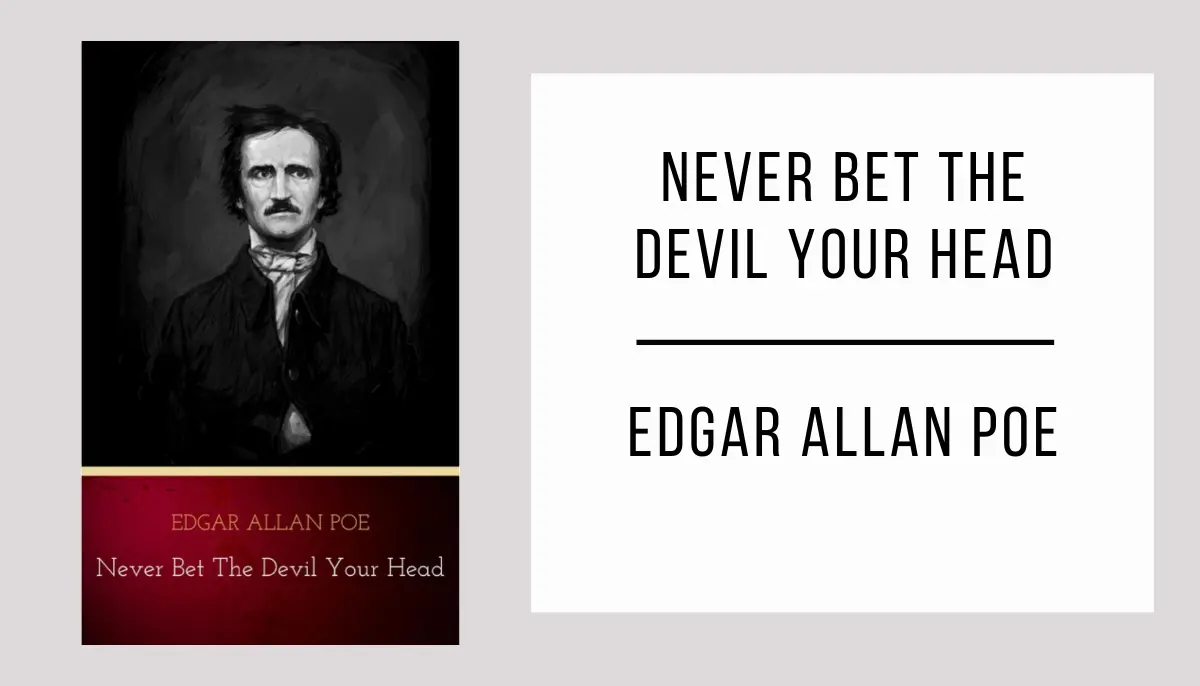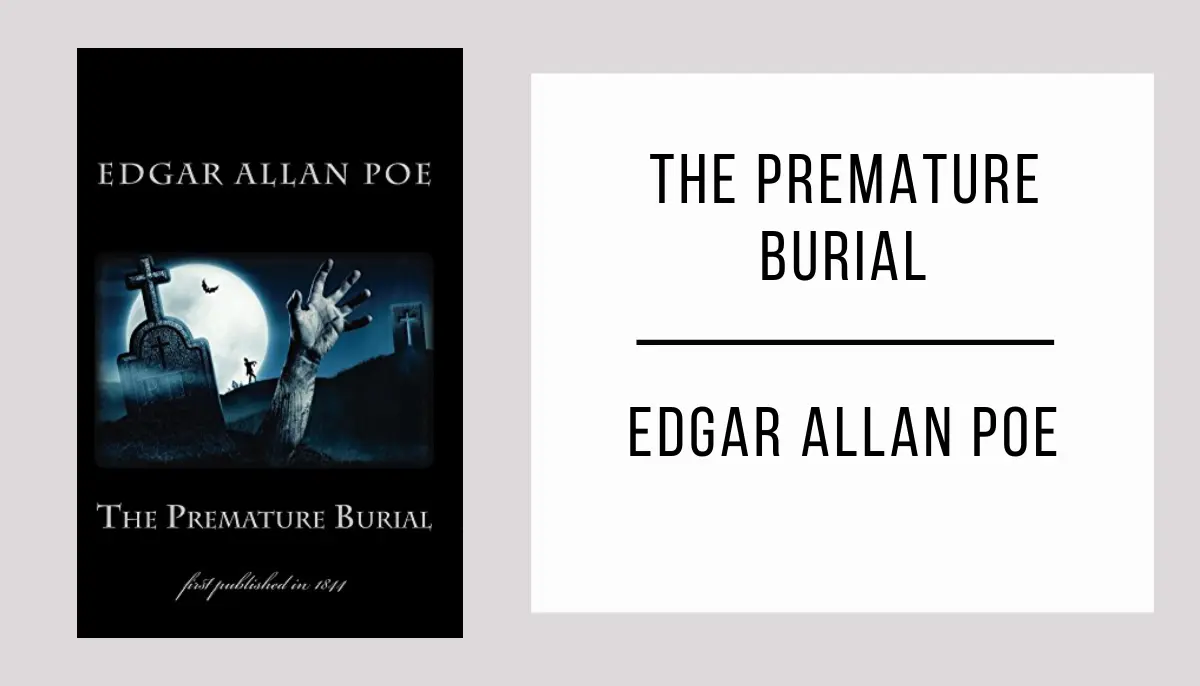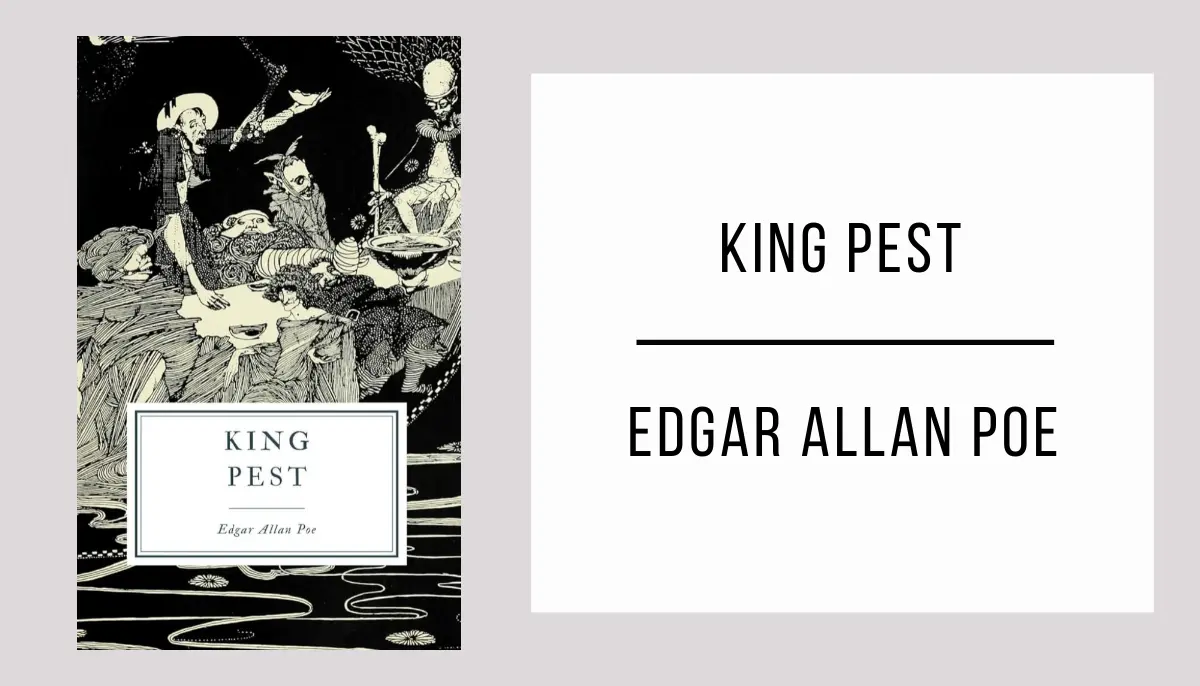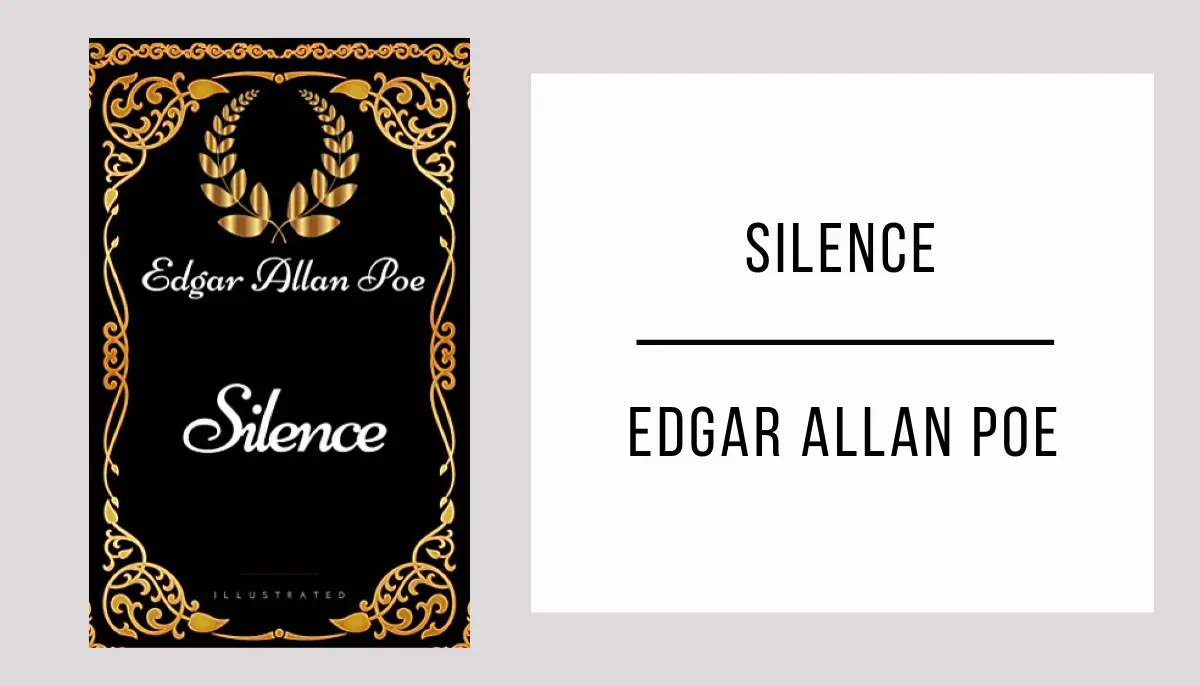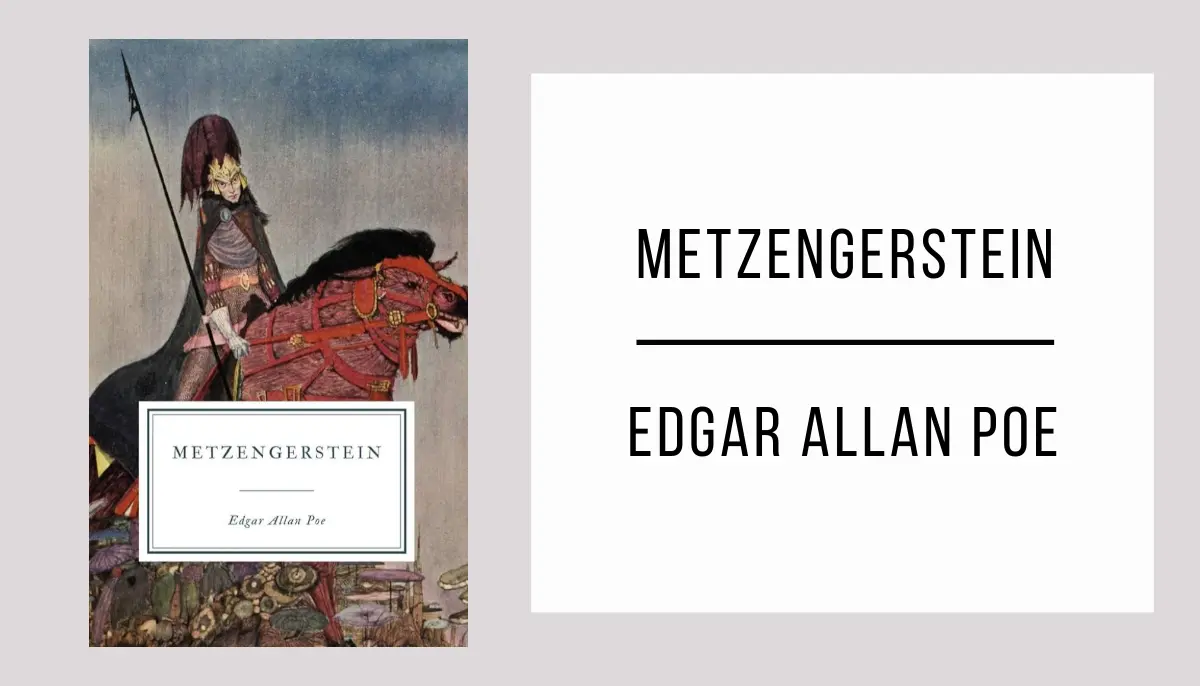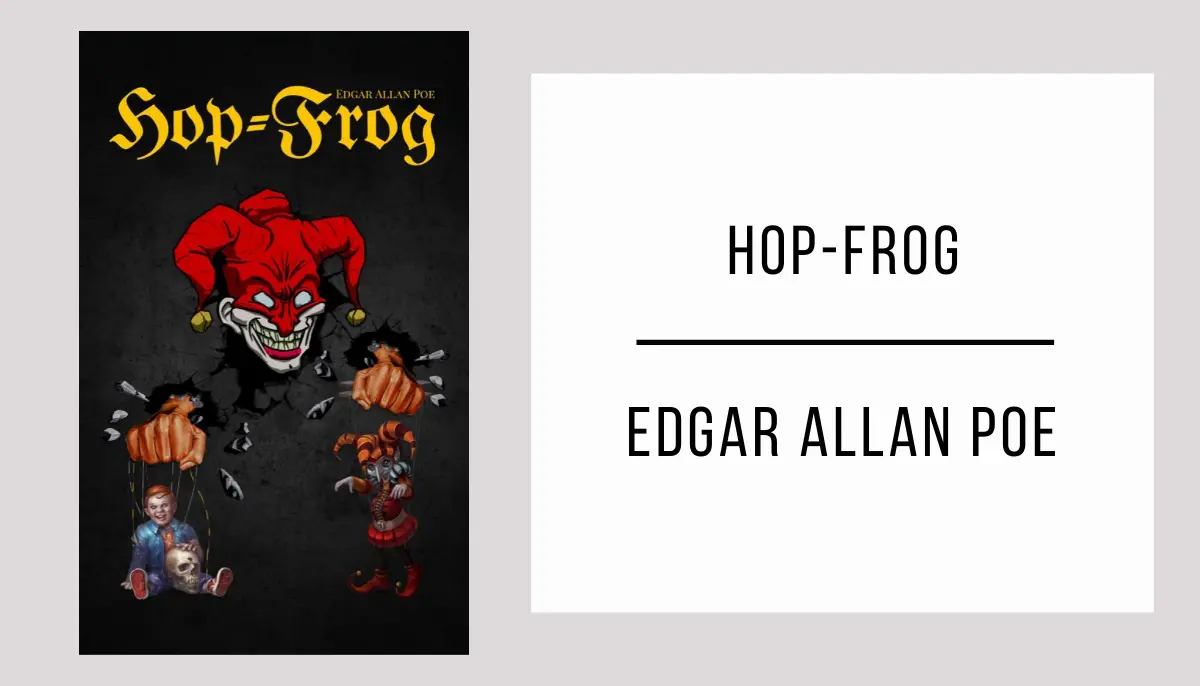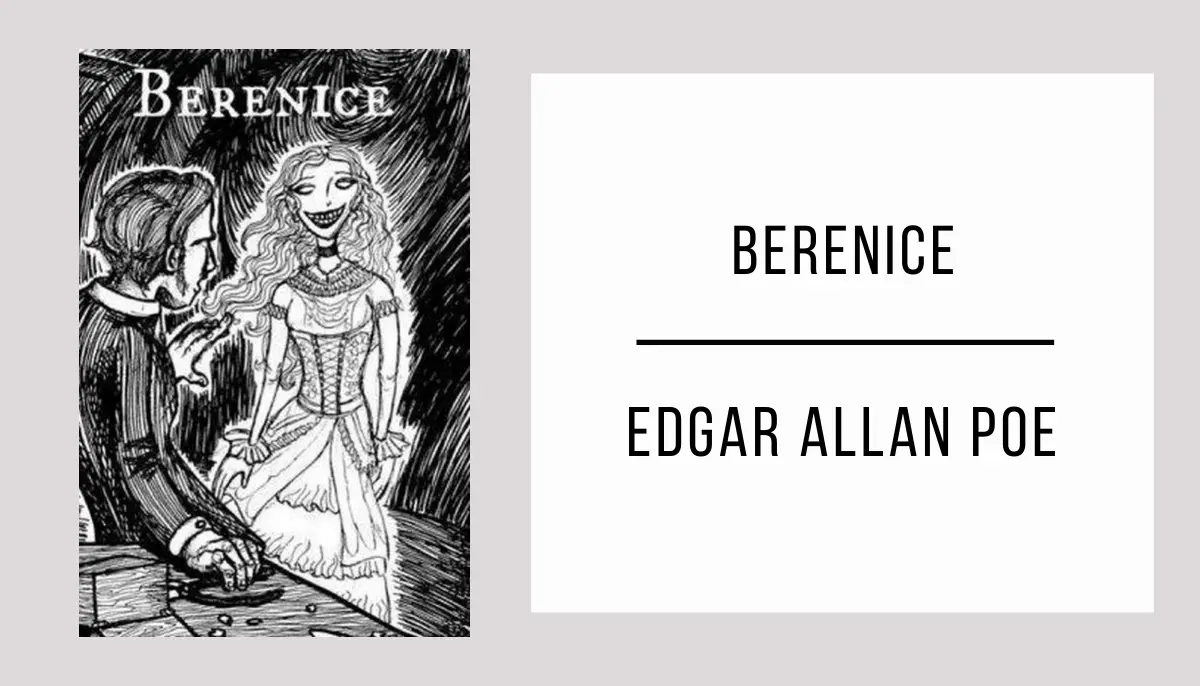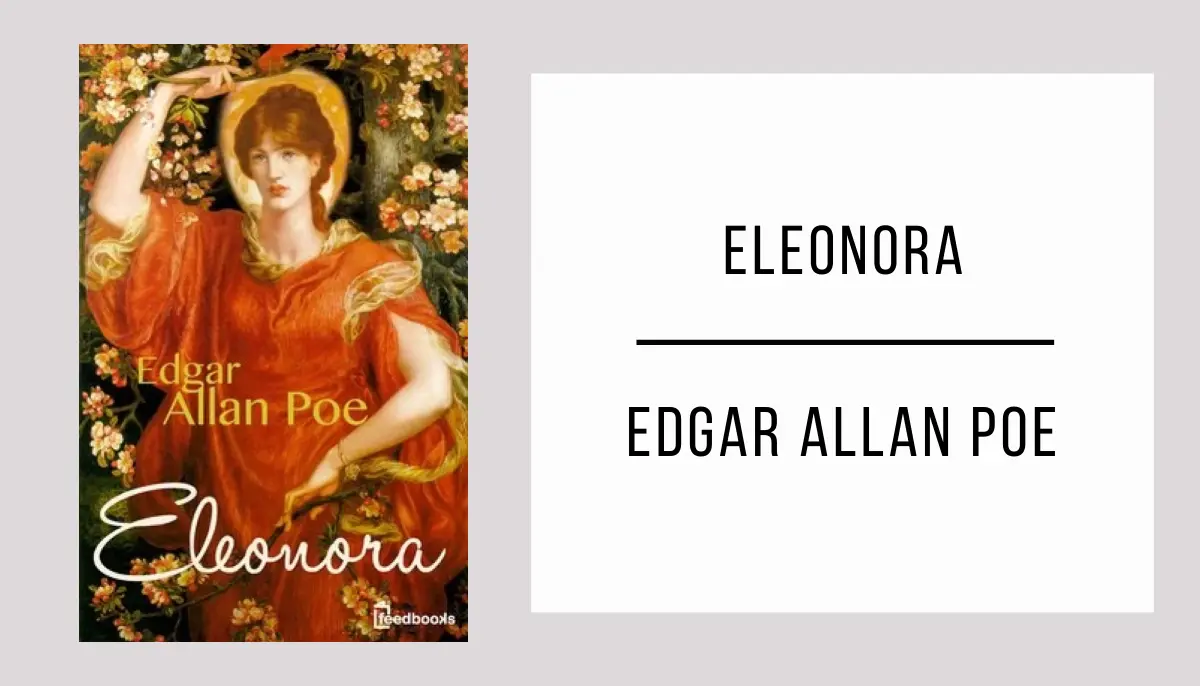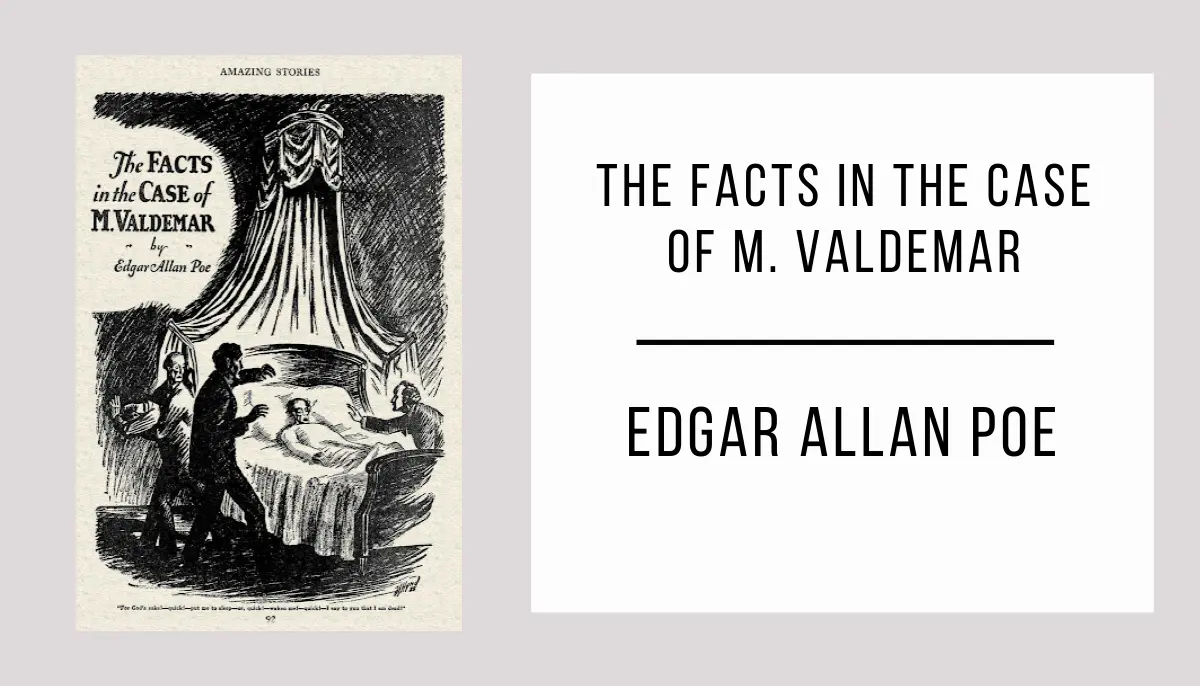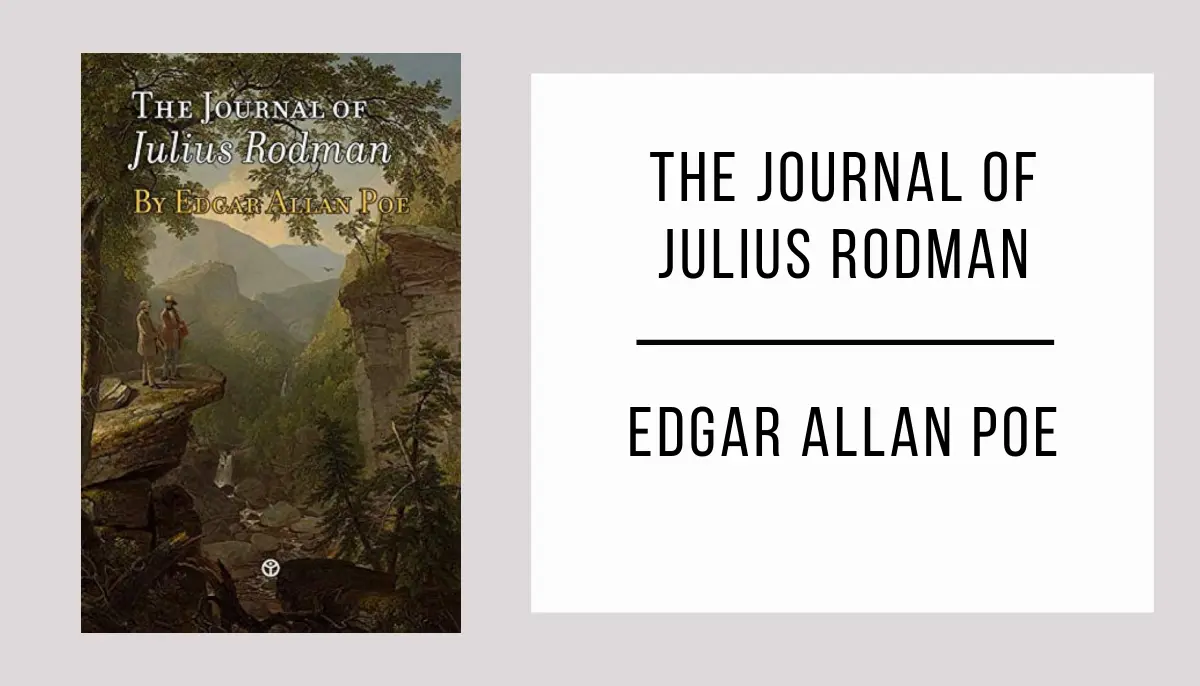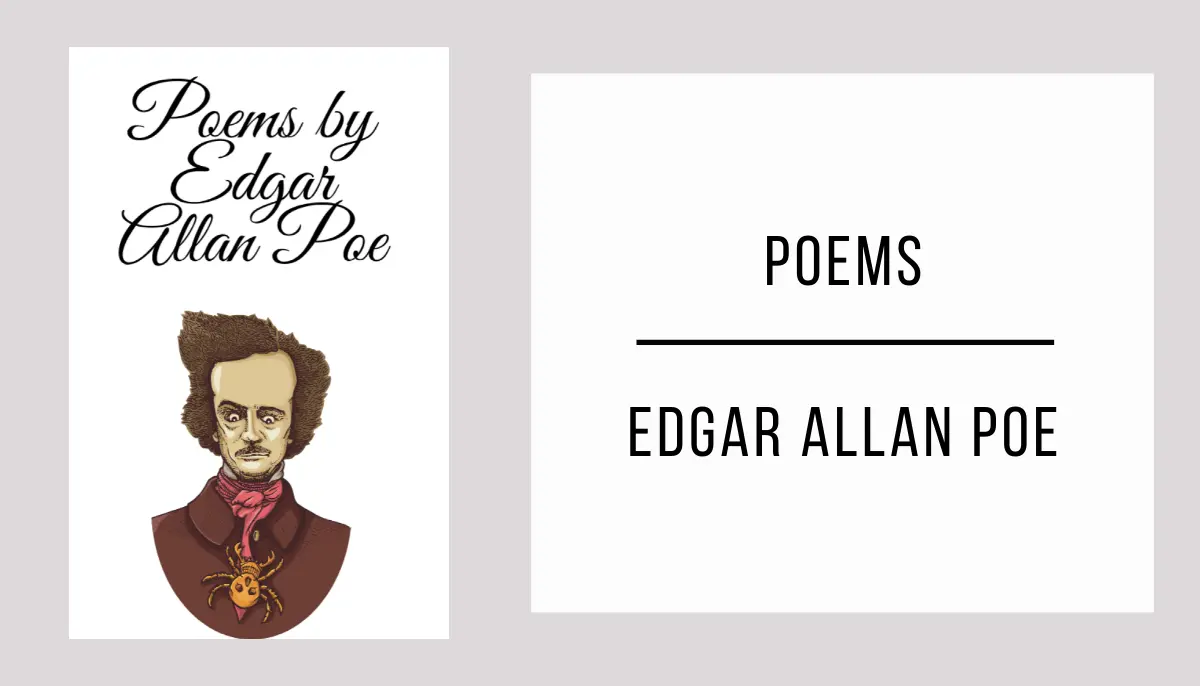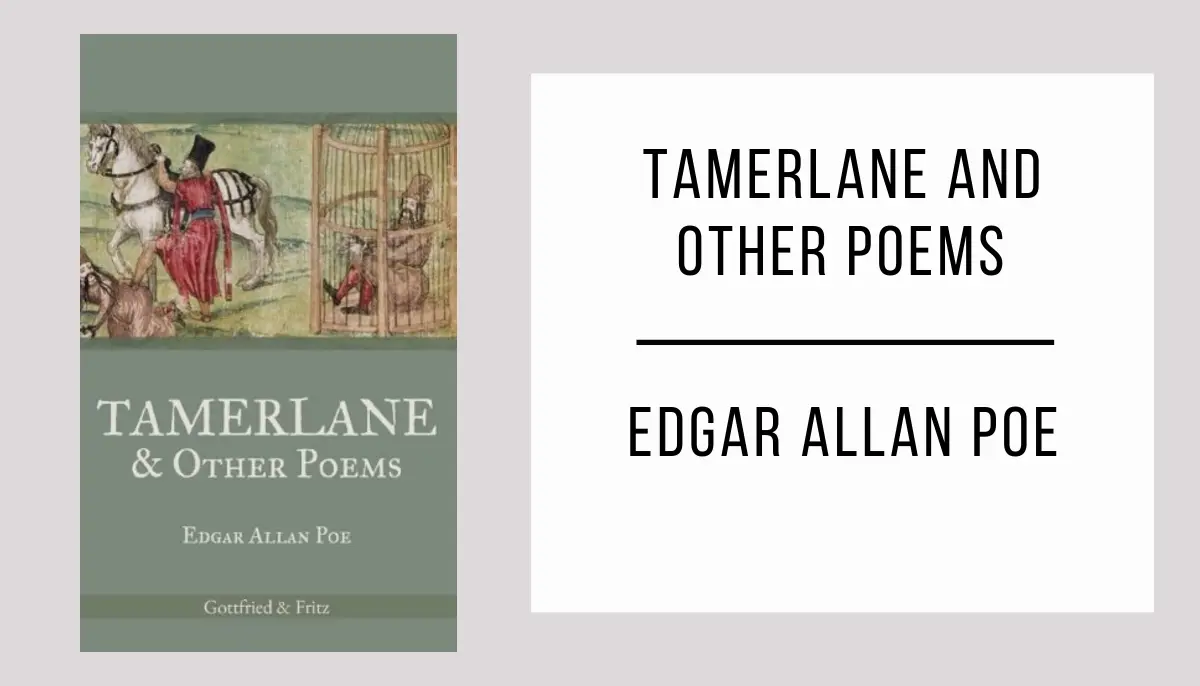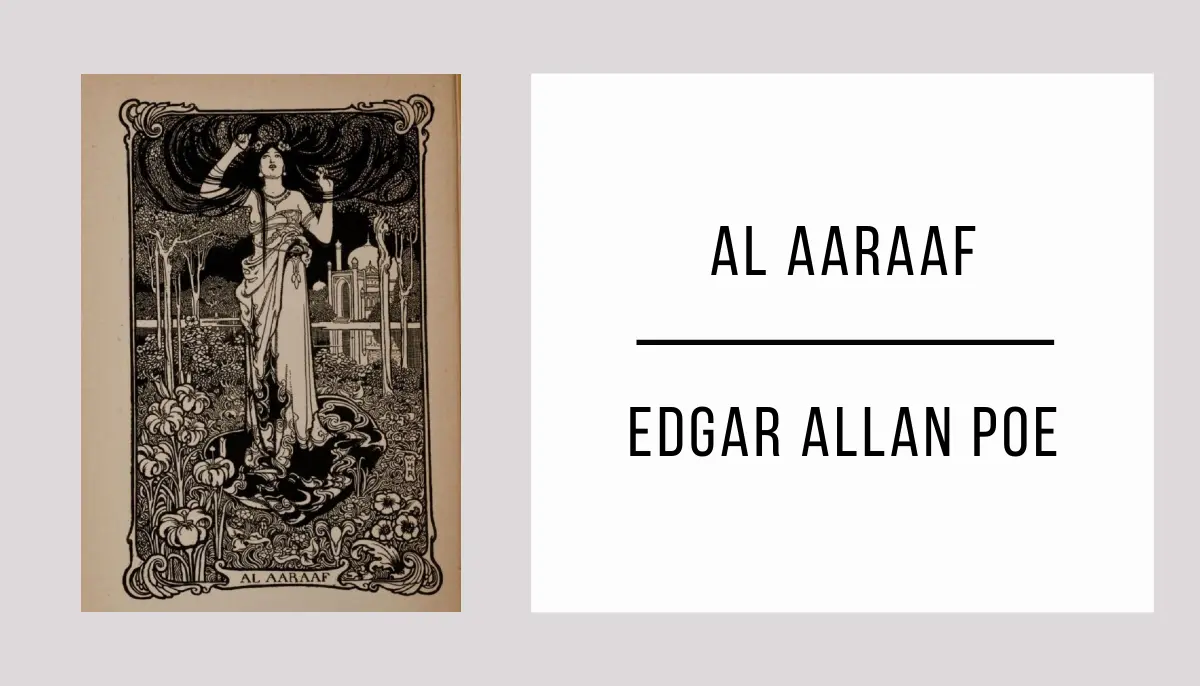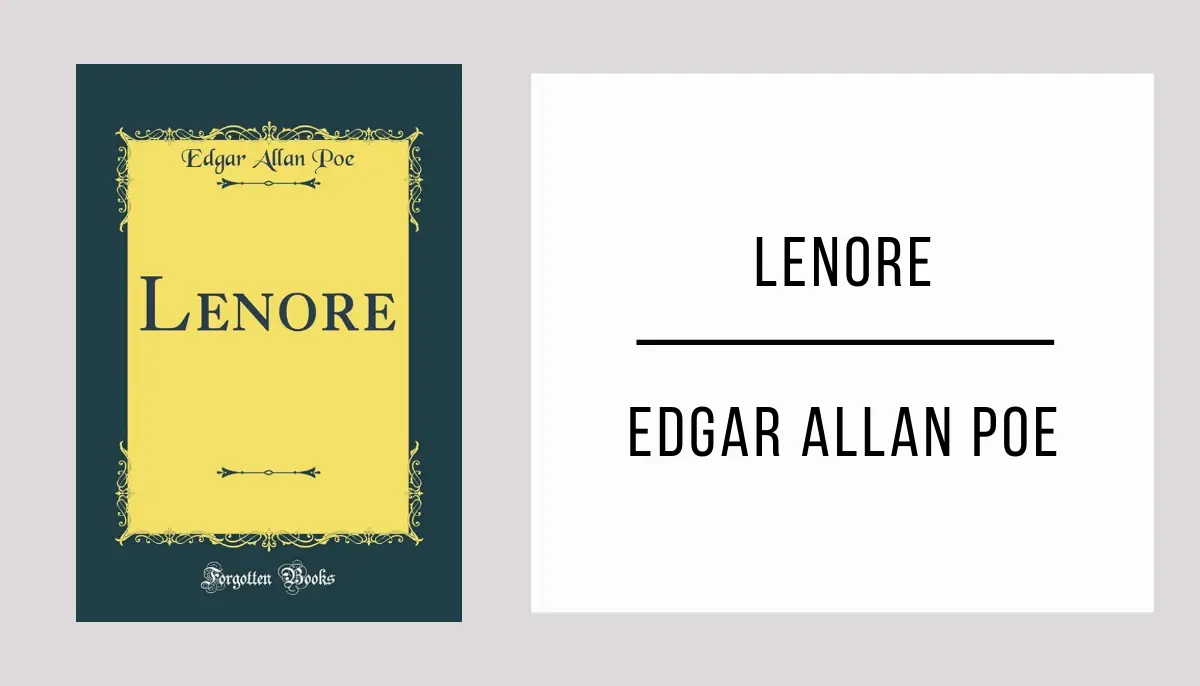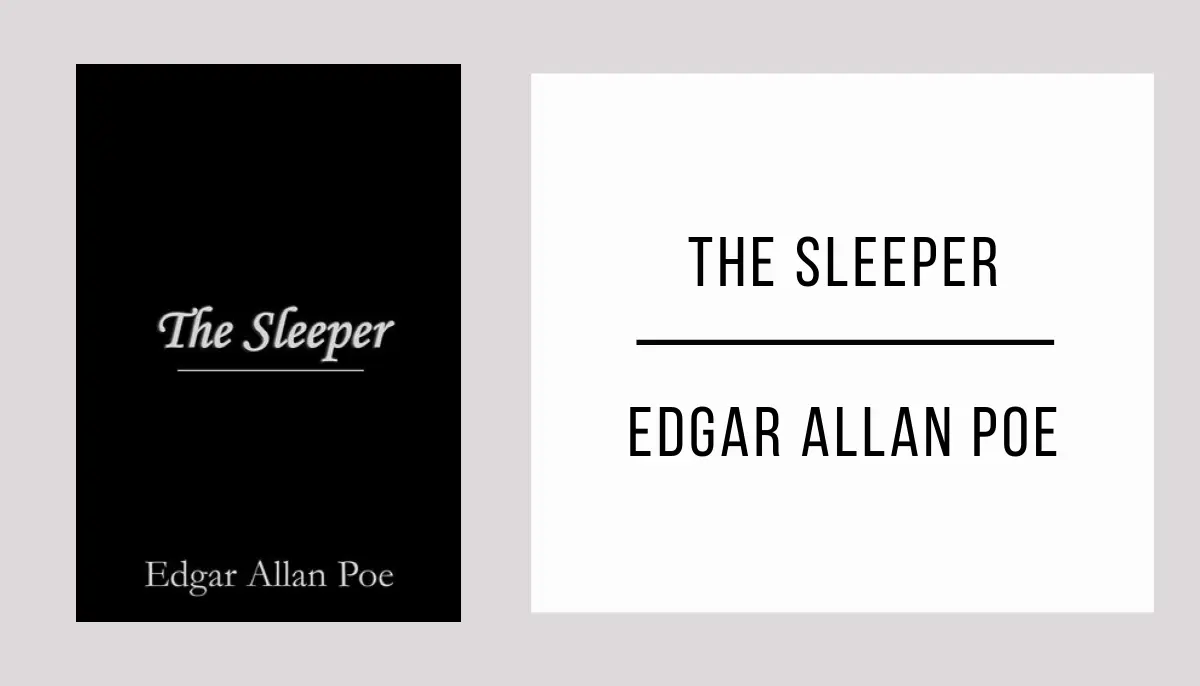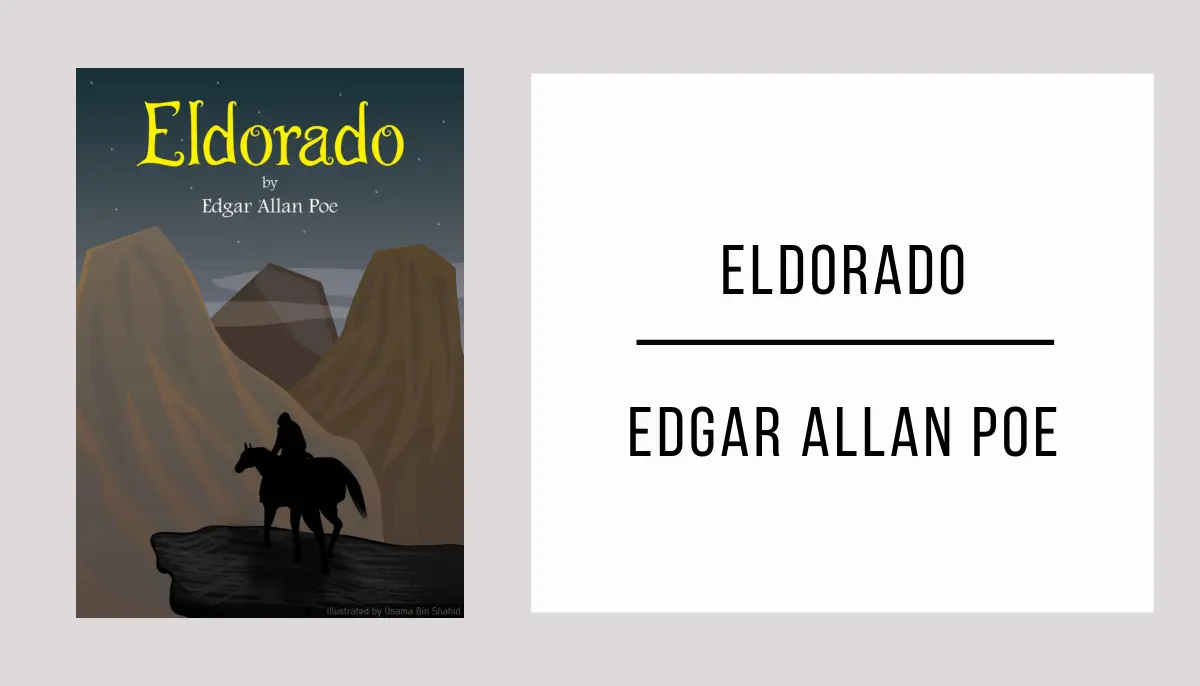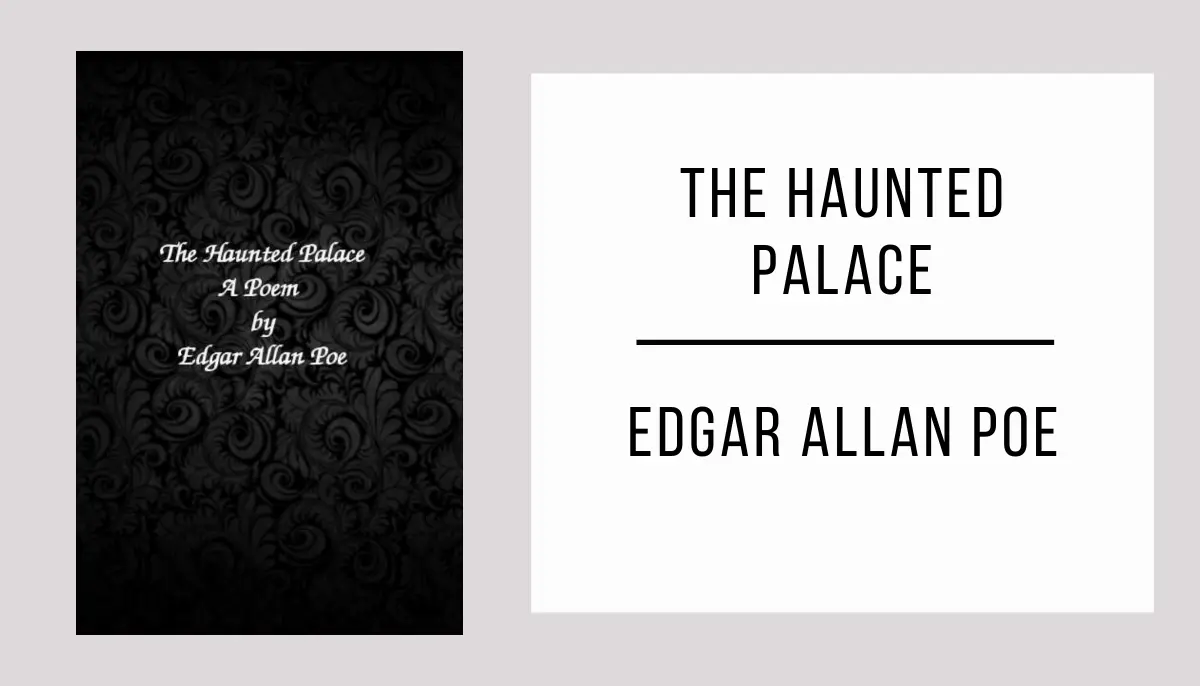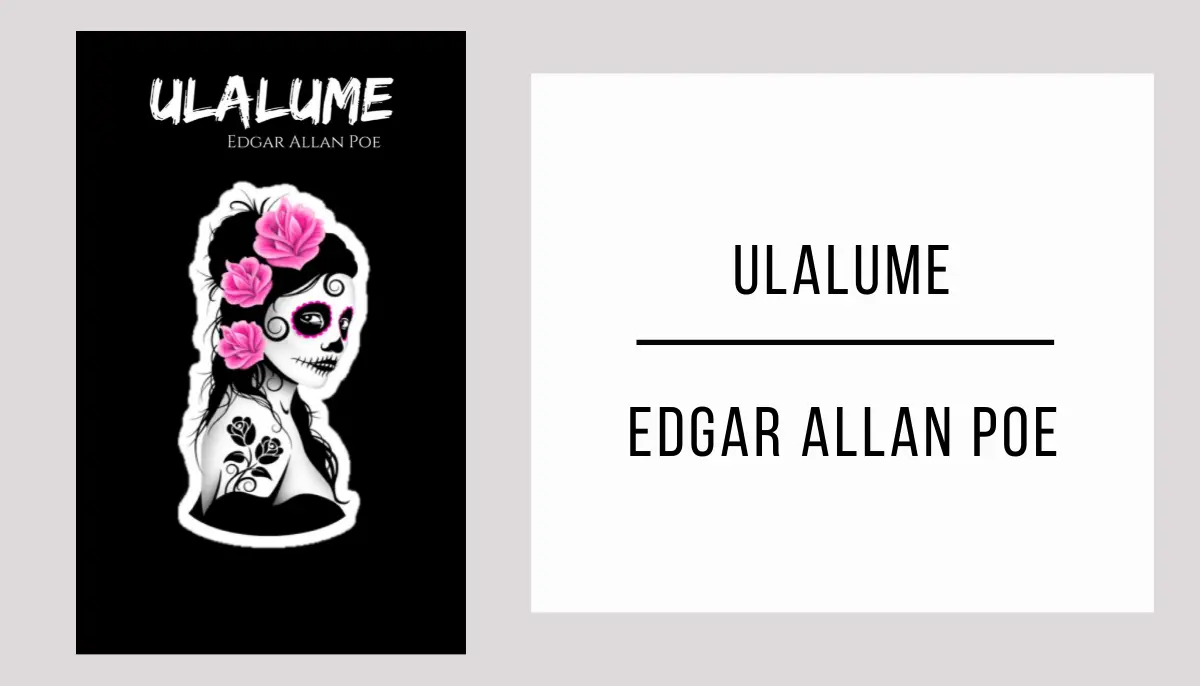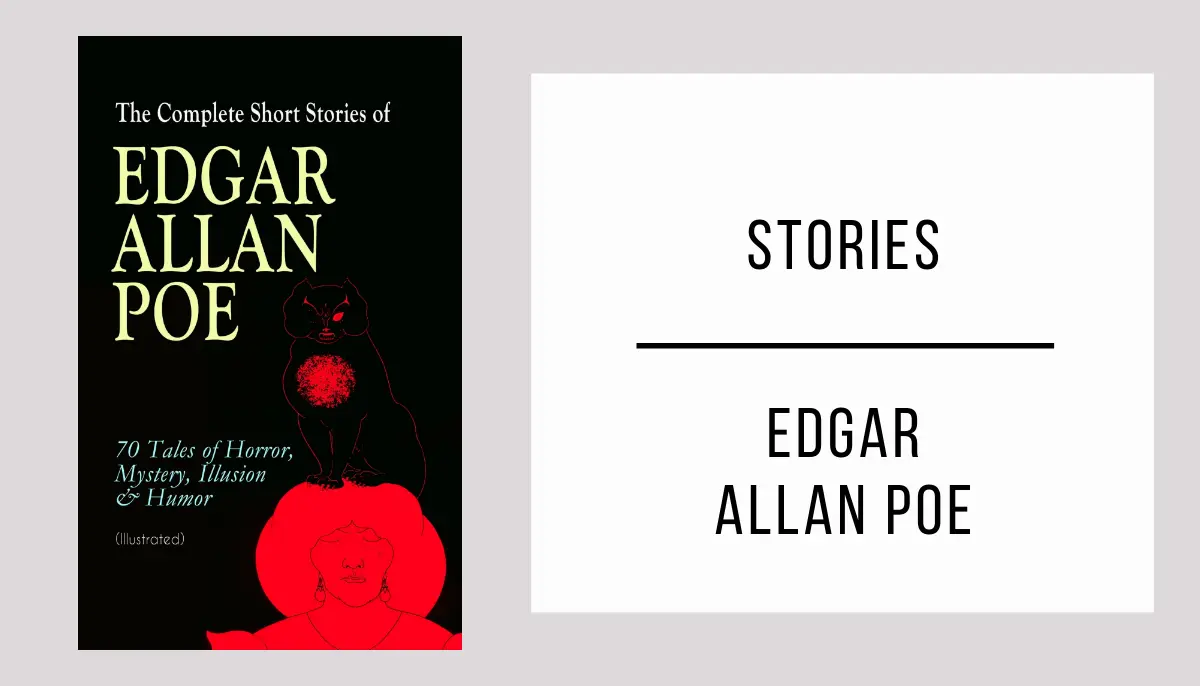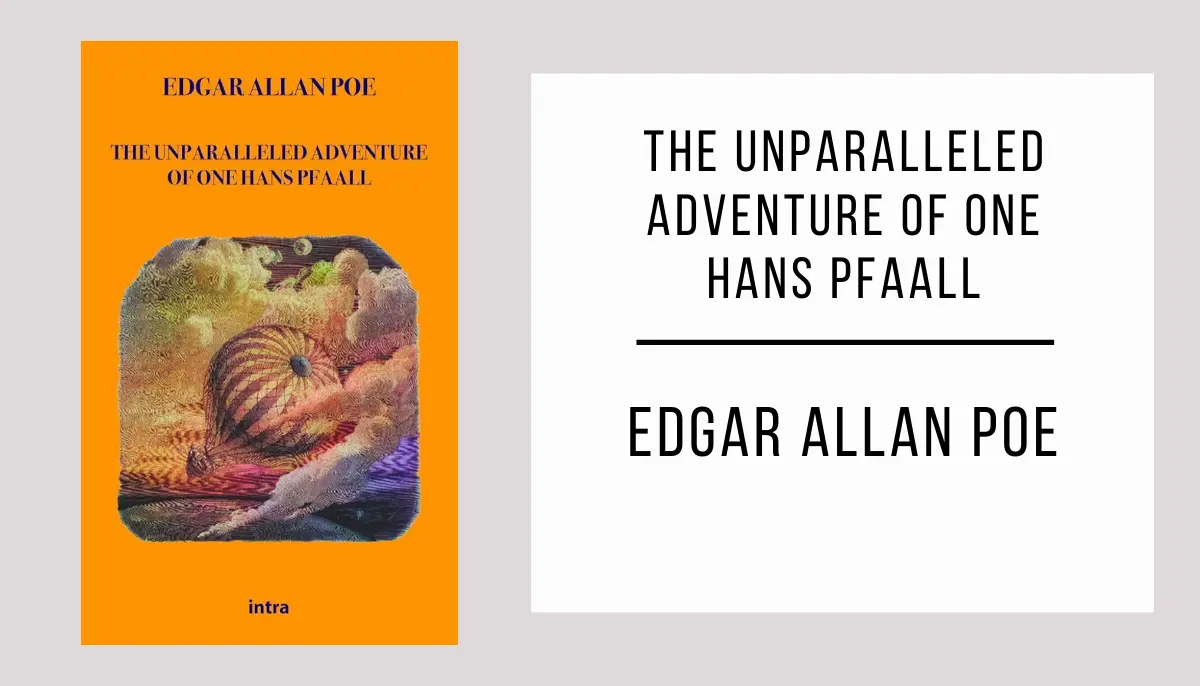The poem “Annabel Lee” by Edgar Allan Poe is a literary gem that captivates the hearts. With its melancholic prose and gentle verses, it tells a story of tragic and eternal love that will transport you to a world of intense emotions.
Do you want to discover the beauty of “Annabel Lee” in all its splendor? Download this classic in PDF format for free right now and immerse yourself in the magic of its words. Don’t miss the opportunity to enjoy this masterpiece on the comfort of your device.
Let yourself be seduced by the enveloping poetry of “Annabel Lee.” Immerse yourself in a sea of feelings and let the intensity of its narrative carry you away.
Annabel Lee in PDF format
*Wait a few seconds for the document to load, the time may vary depending on your internet connection. If you prefer, you can download the file by clicking on the link below.
Loading fileInformation Annabel Lee
- Author: Edgar Allan Poe.
- Publication Date: 1849, after the author’s death.
- Main Characters:
- Annabel Lee: female protagonist, beloved of the narrator.
- The narrator: male protagonist, lover of Annabel Lee.
- Brief Summary: “Annabel Lee” is a lyrical poem that narrates the tragic love story between the narrator and his beloved Annabel Lee. Despite adversities, their love is pure and eternal. However, Annabel Lee’s premature death separates the lovers, and the narrator mourns her loss but continues to feel her spiritual presence.
- Thematic Analysis: Key themes in “Annabel Lee” include eternal love, premature death, the pain of loss, and spiritual presence. The poem explores the idea of a love that transcends death and the narrator’s obsession with his deceased beloved.
- Historical Context: Edgar Allan Poe was a 19th-century American writer, known for his gothic style and horror tales. “Annabel Lee” was one of the last poems he wrote before his death in 1849. The work reflects the melancholy and obsession with death that characterized much of Poe’s oeuvre.


